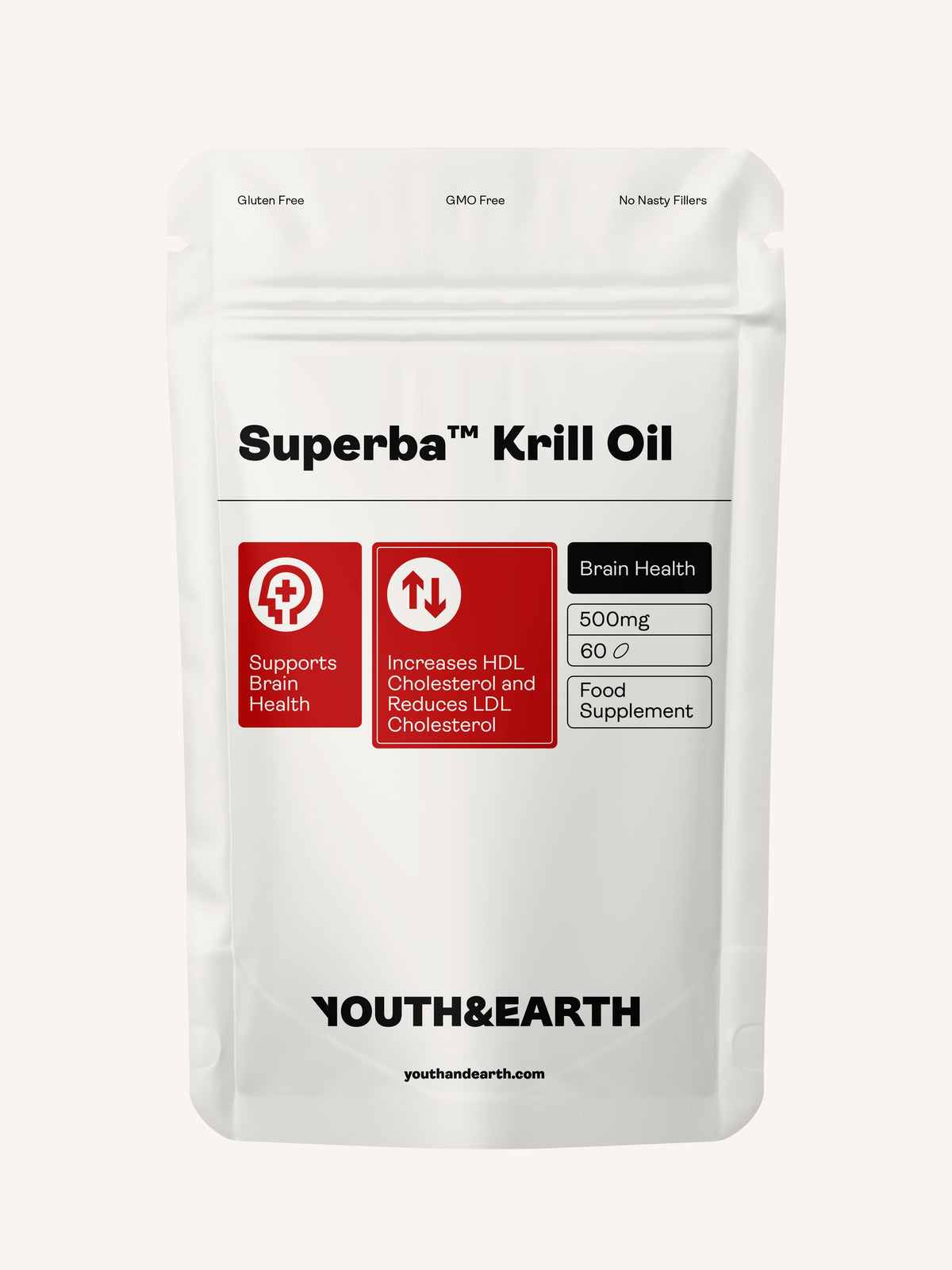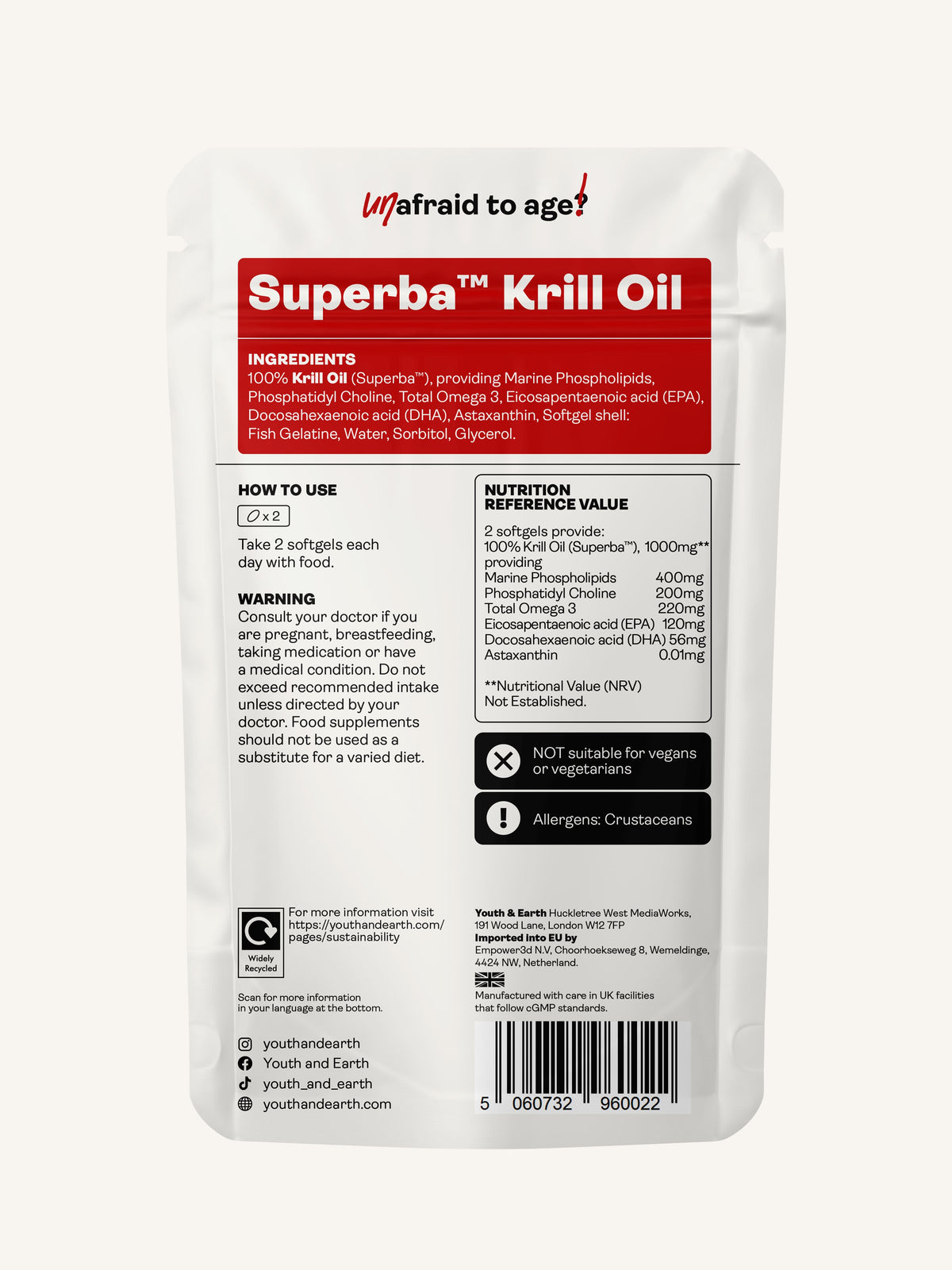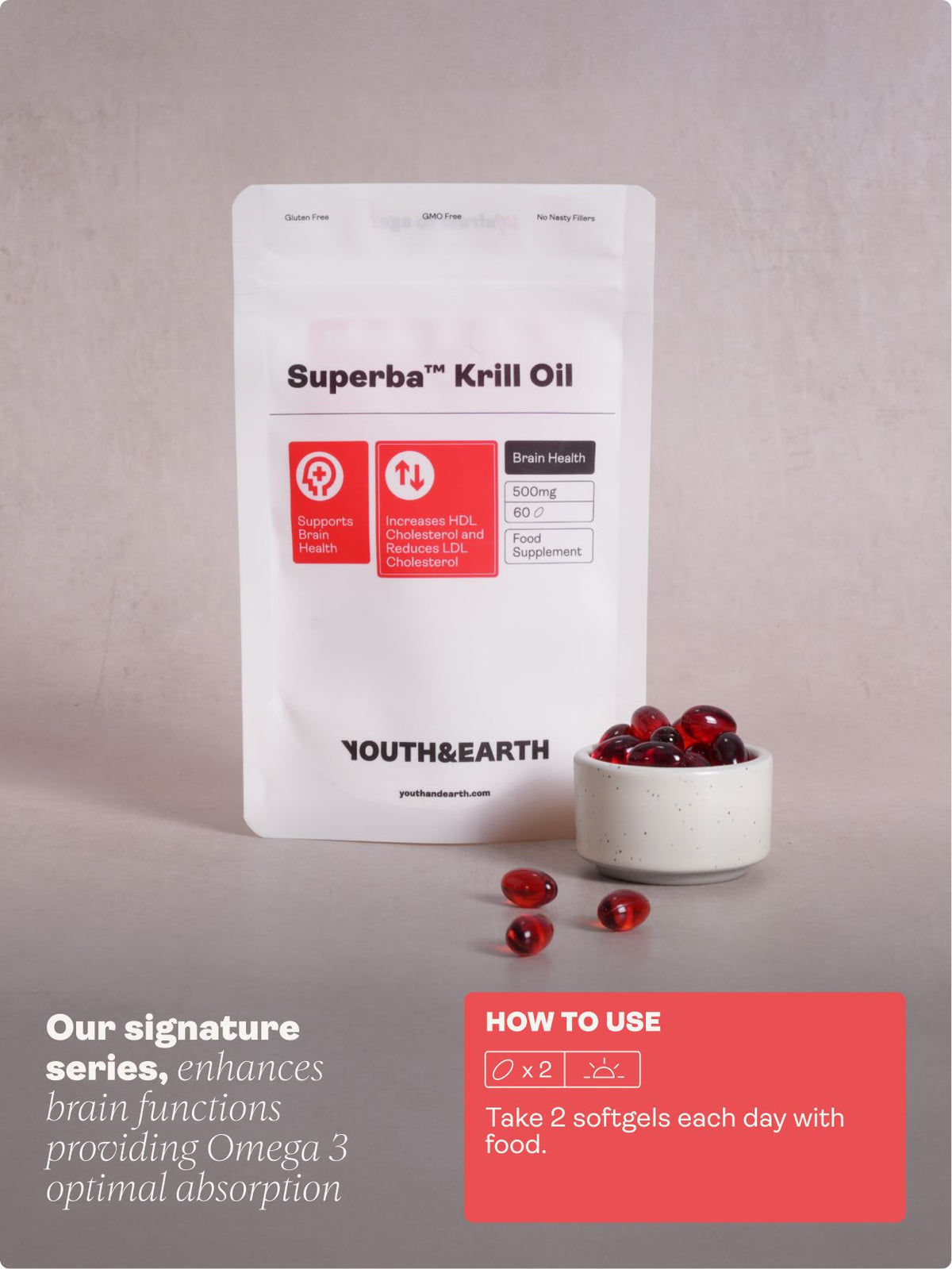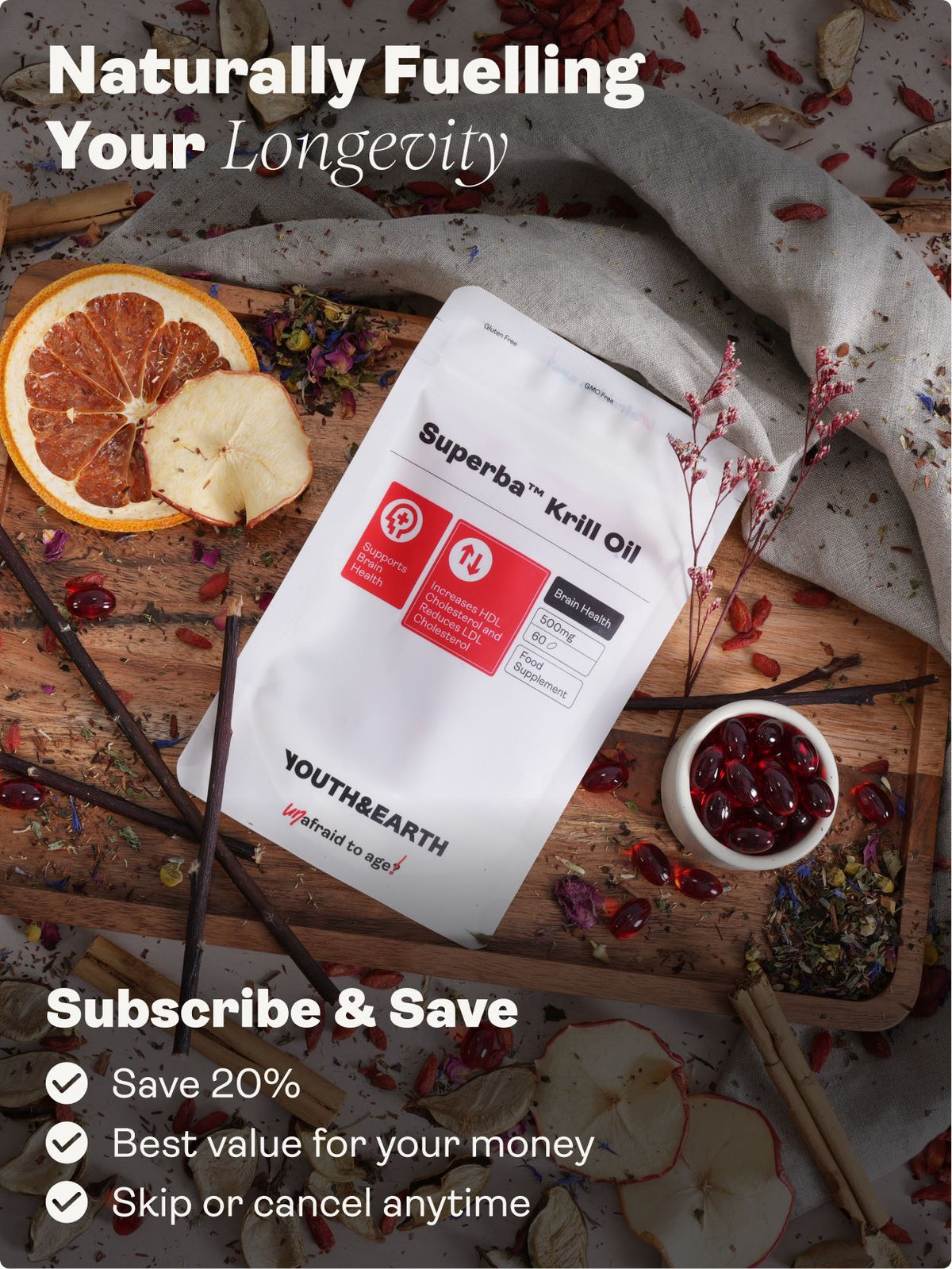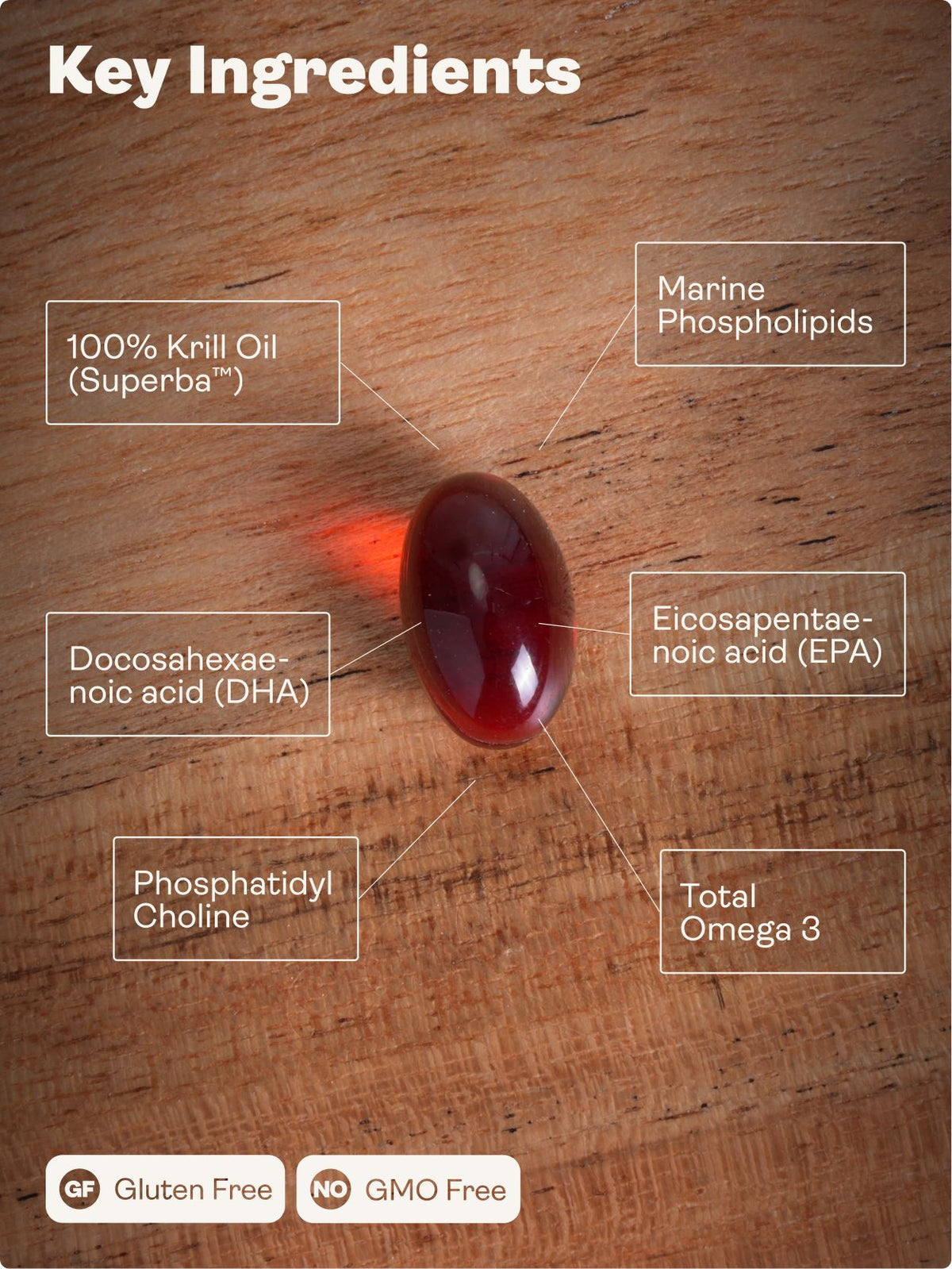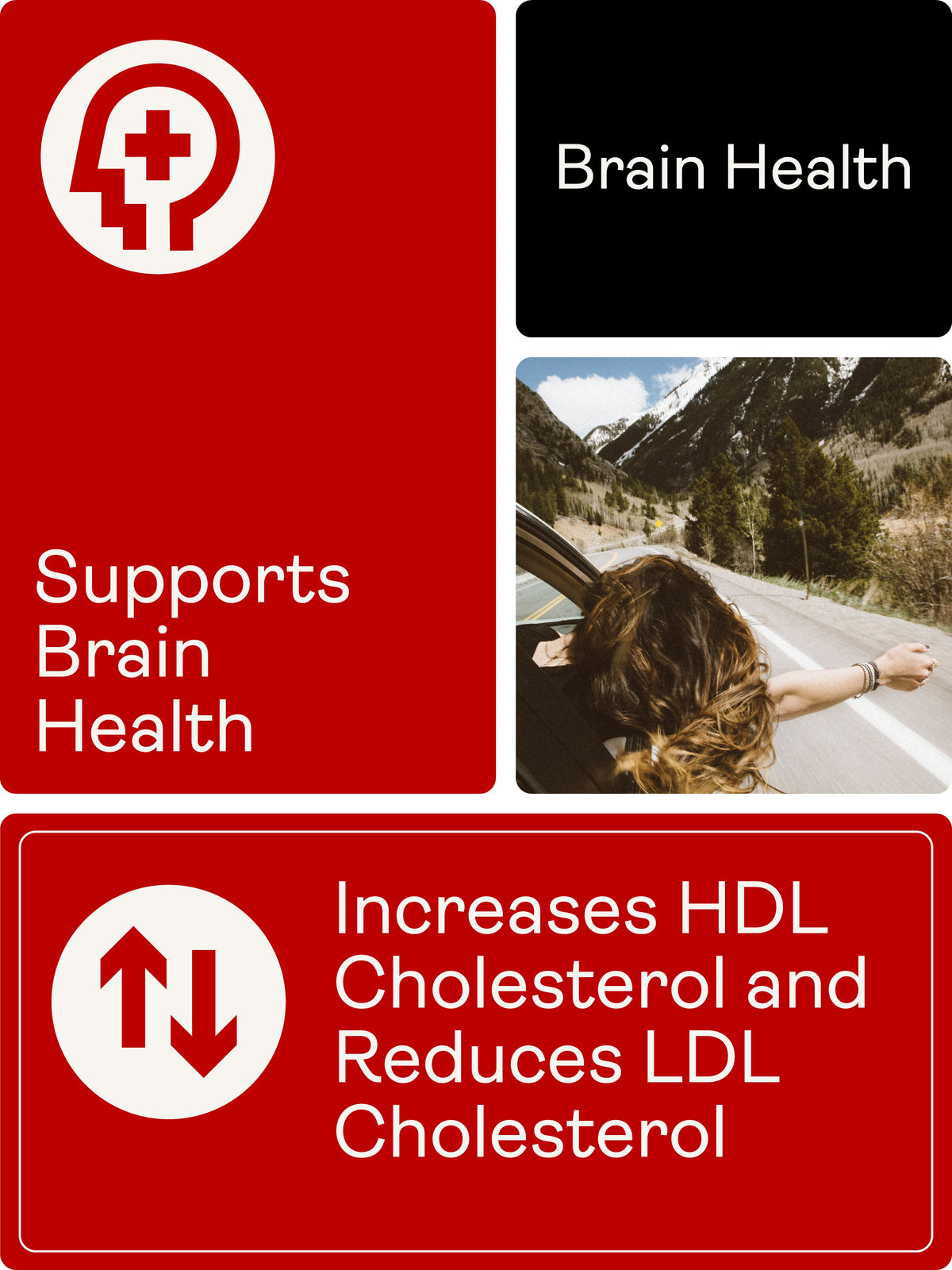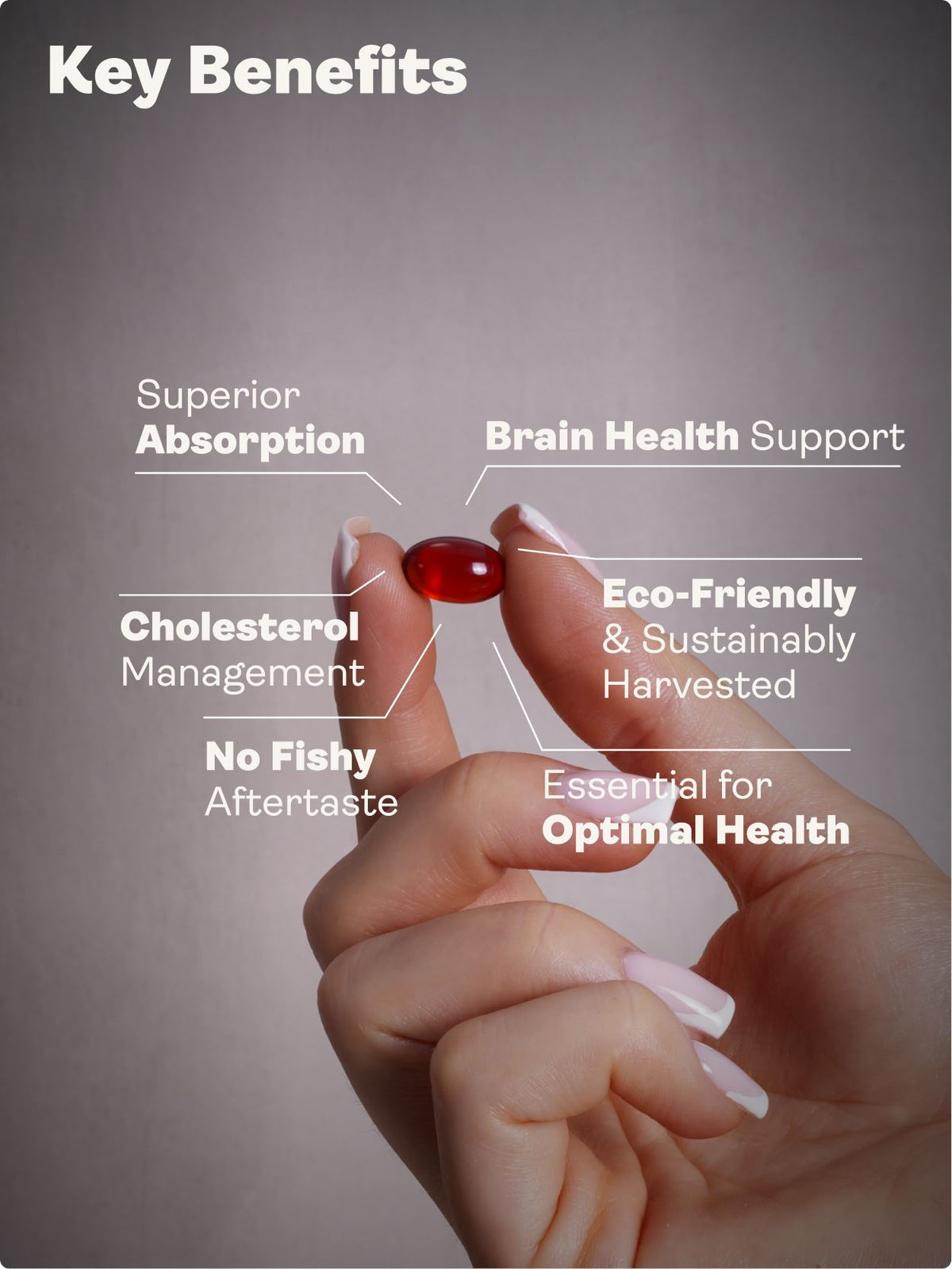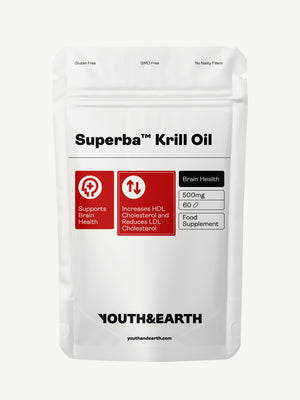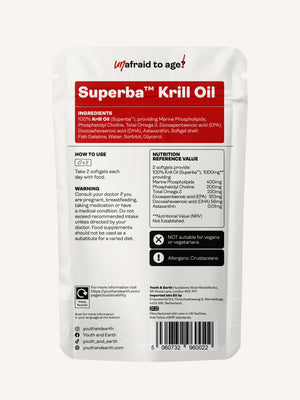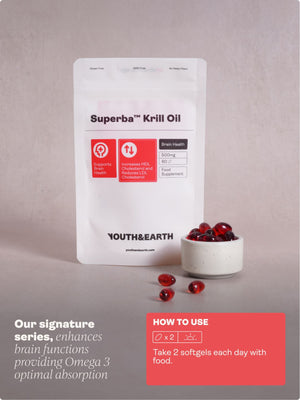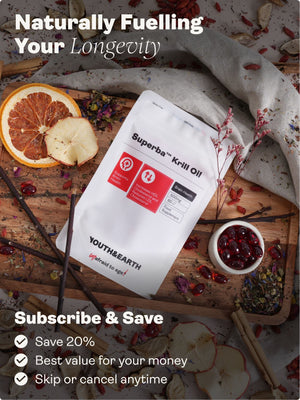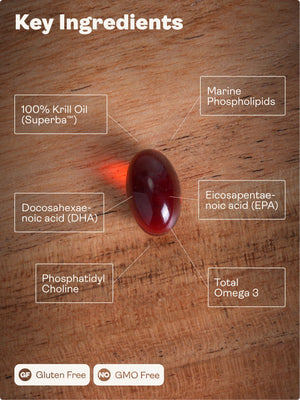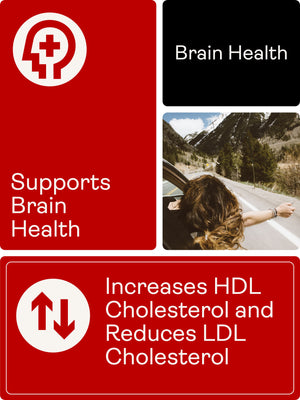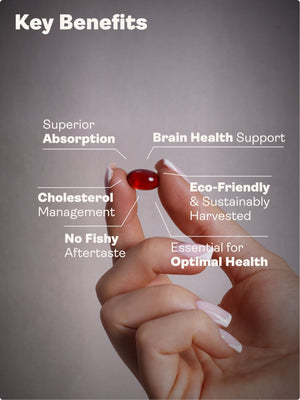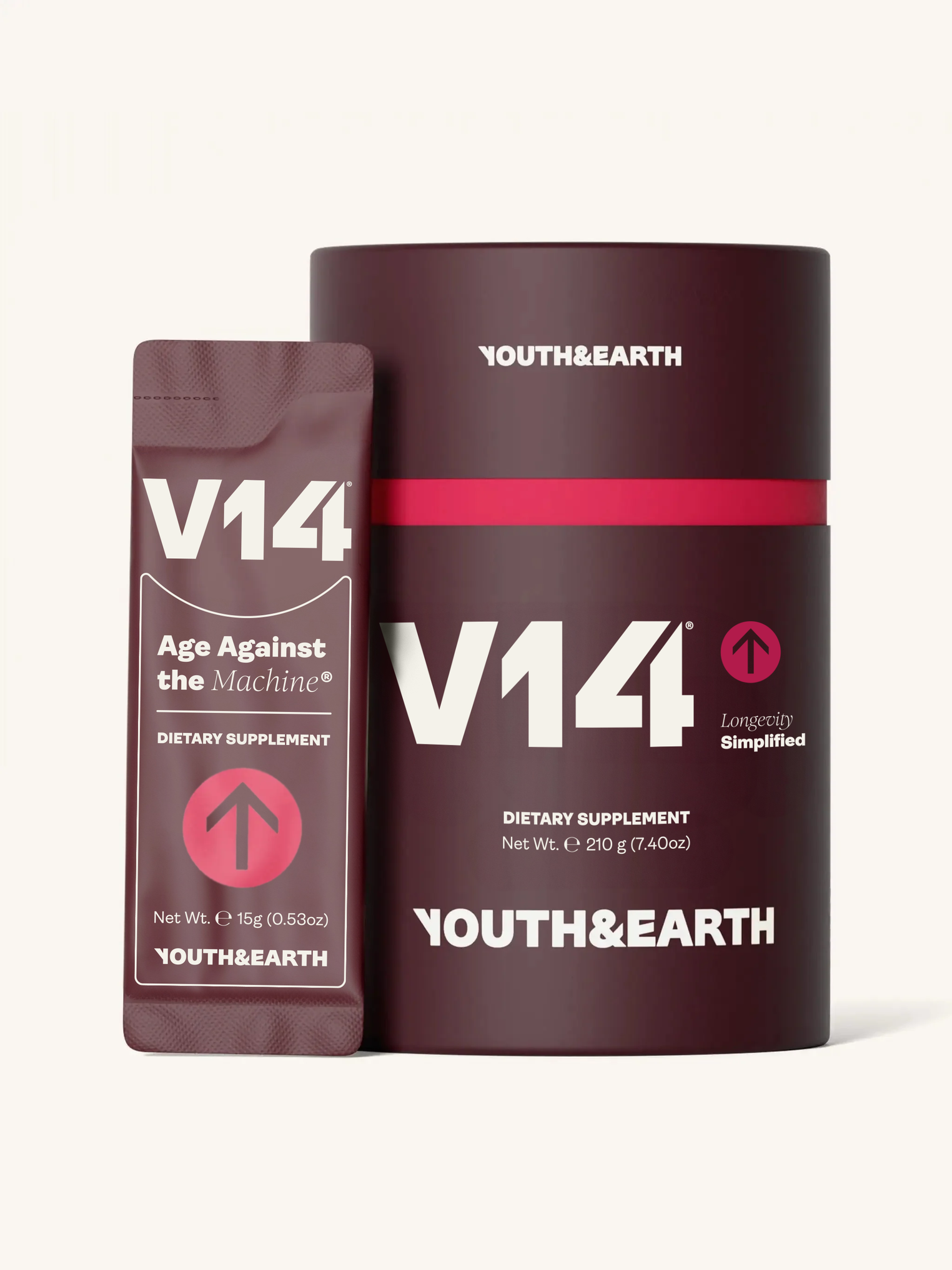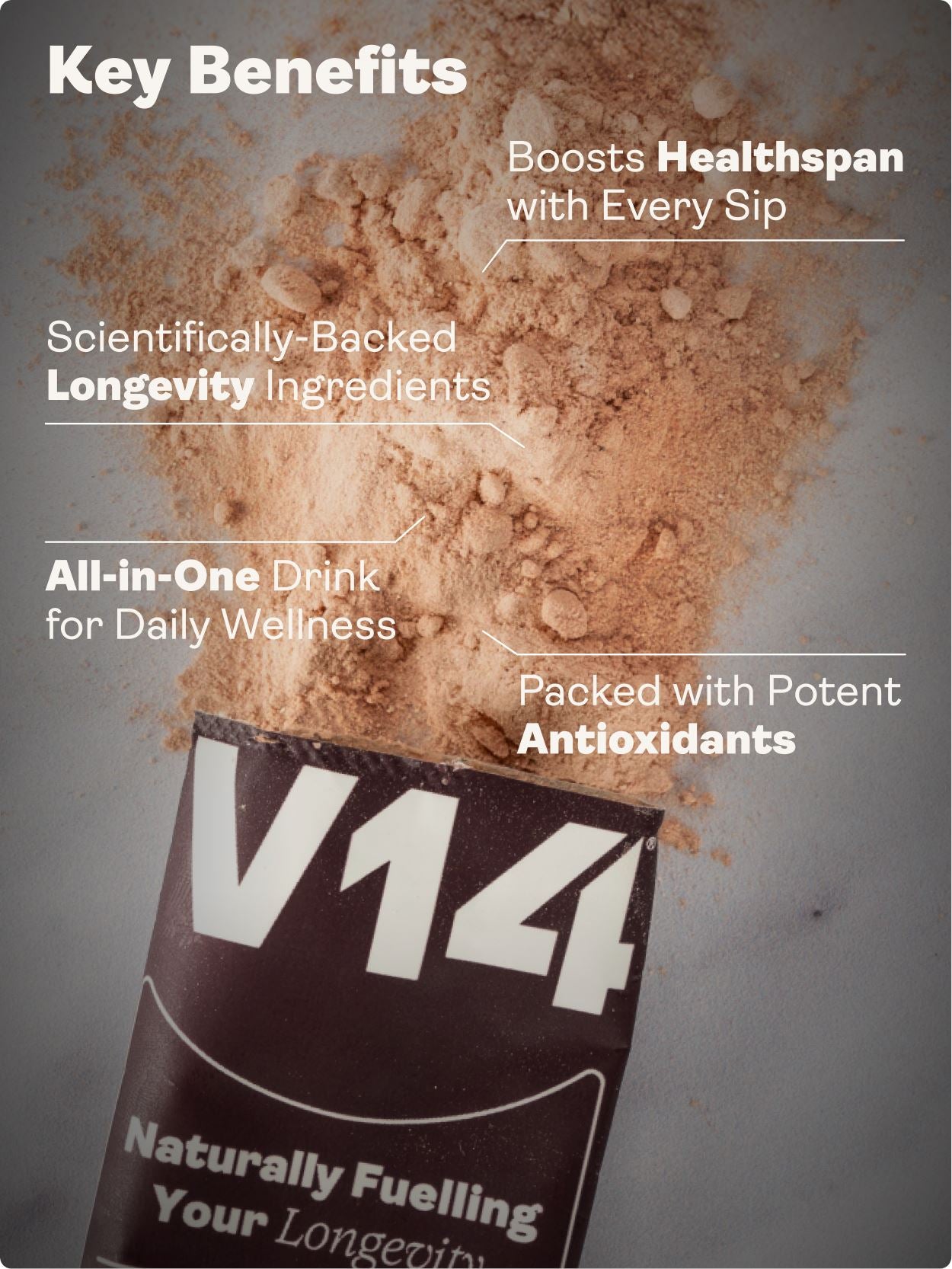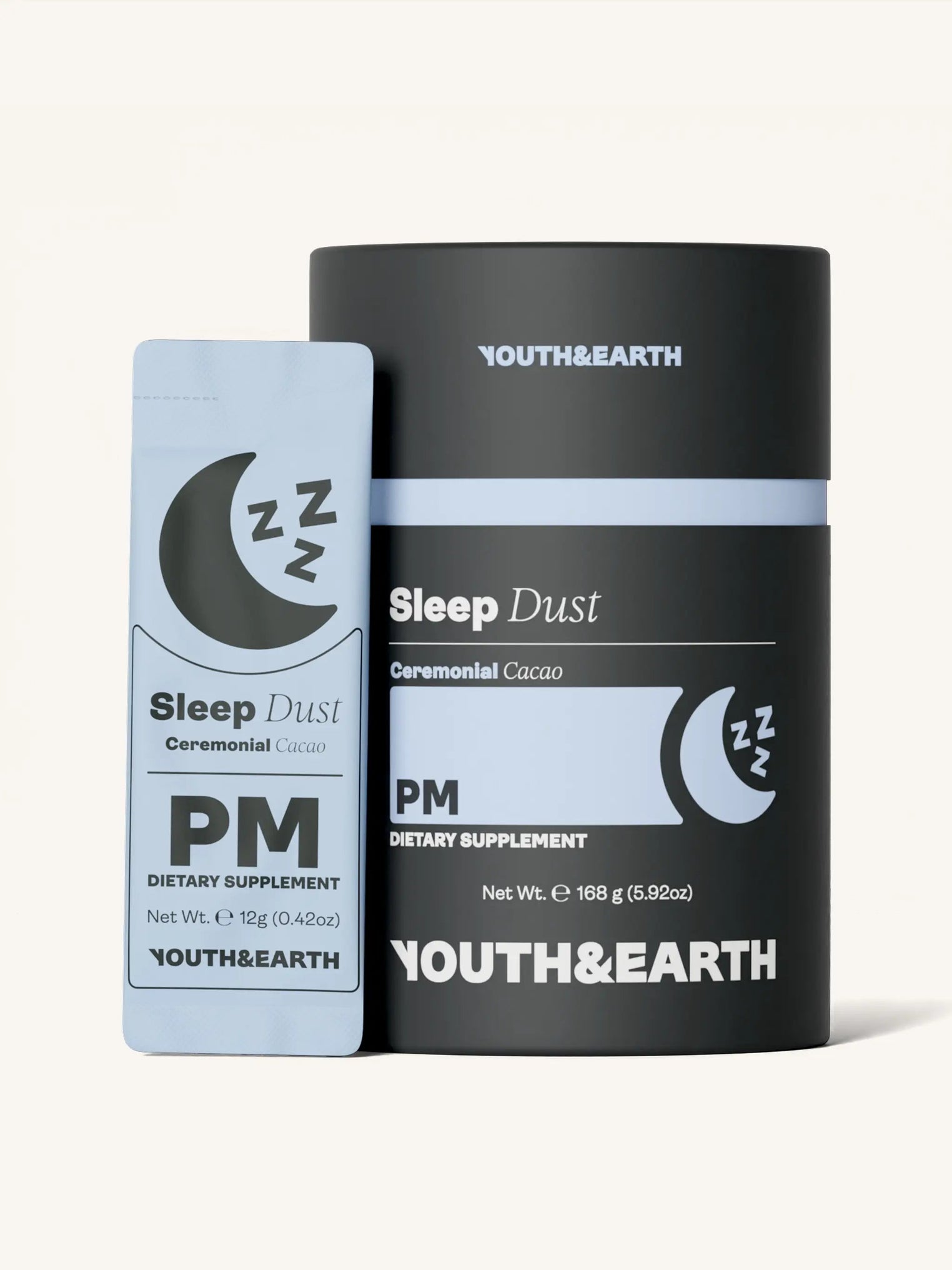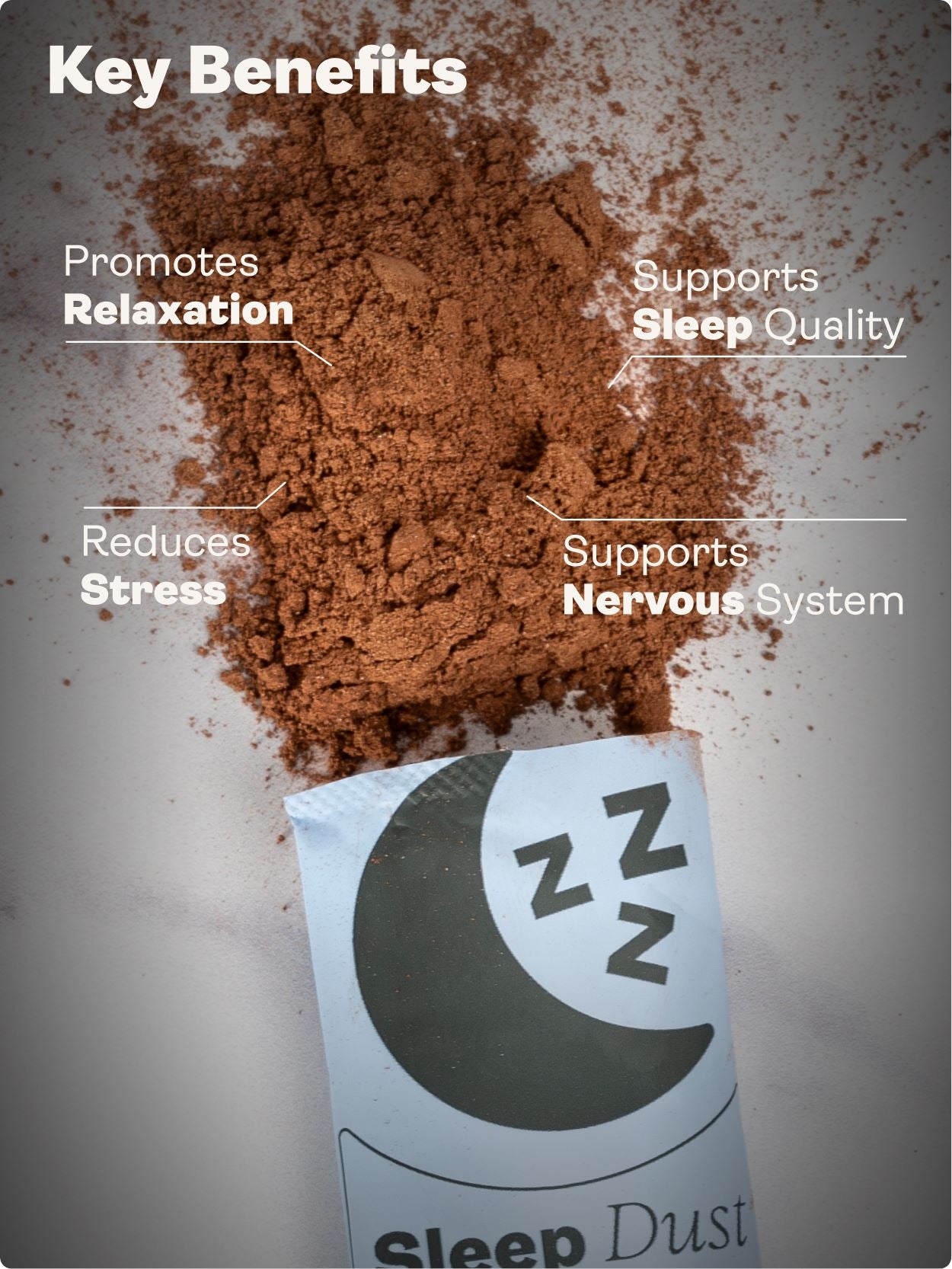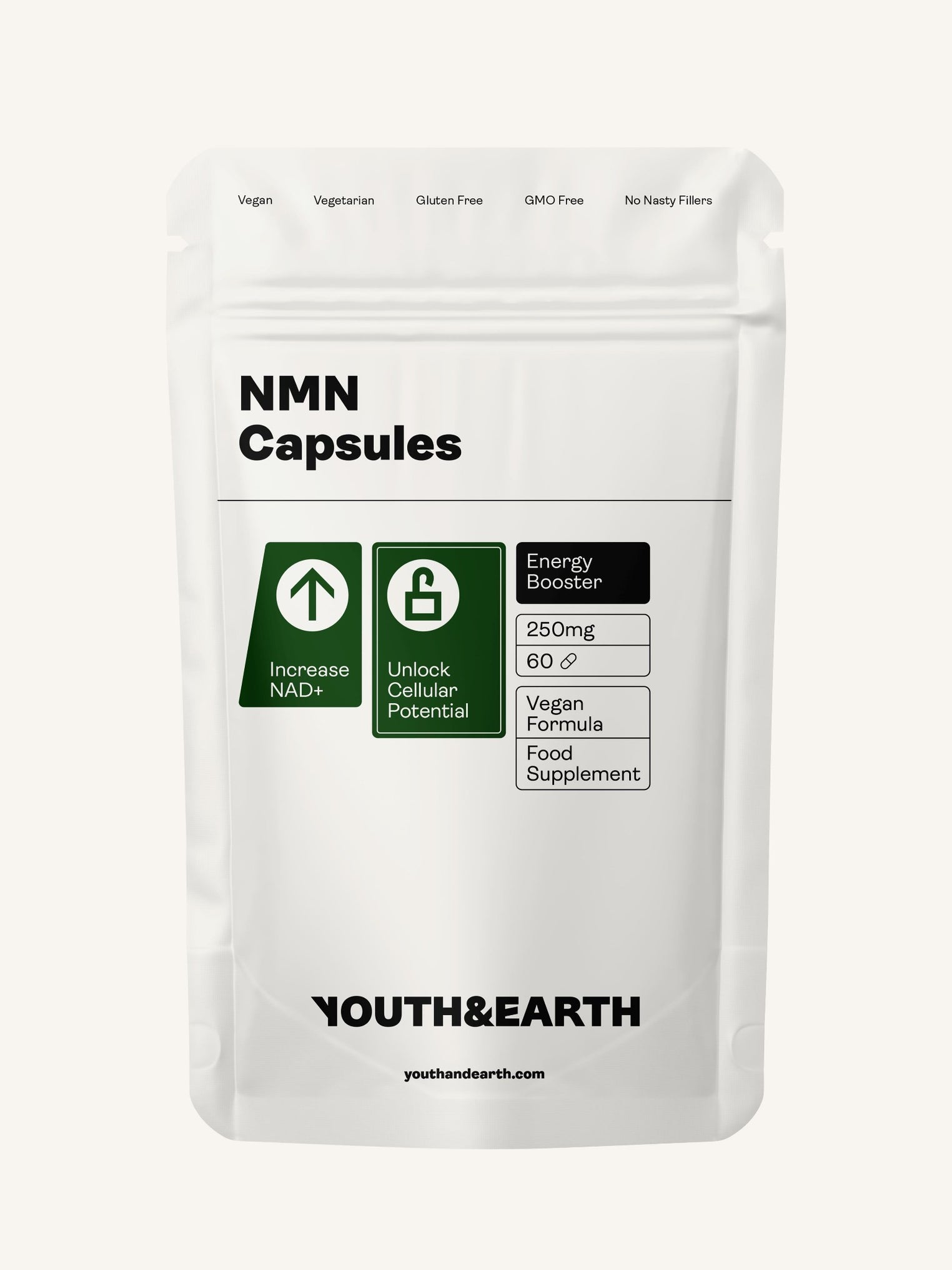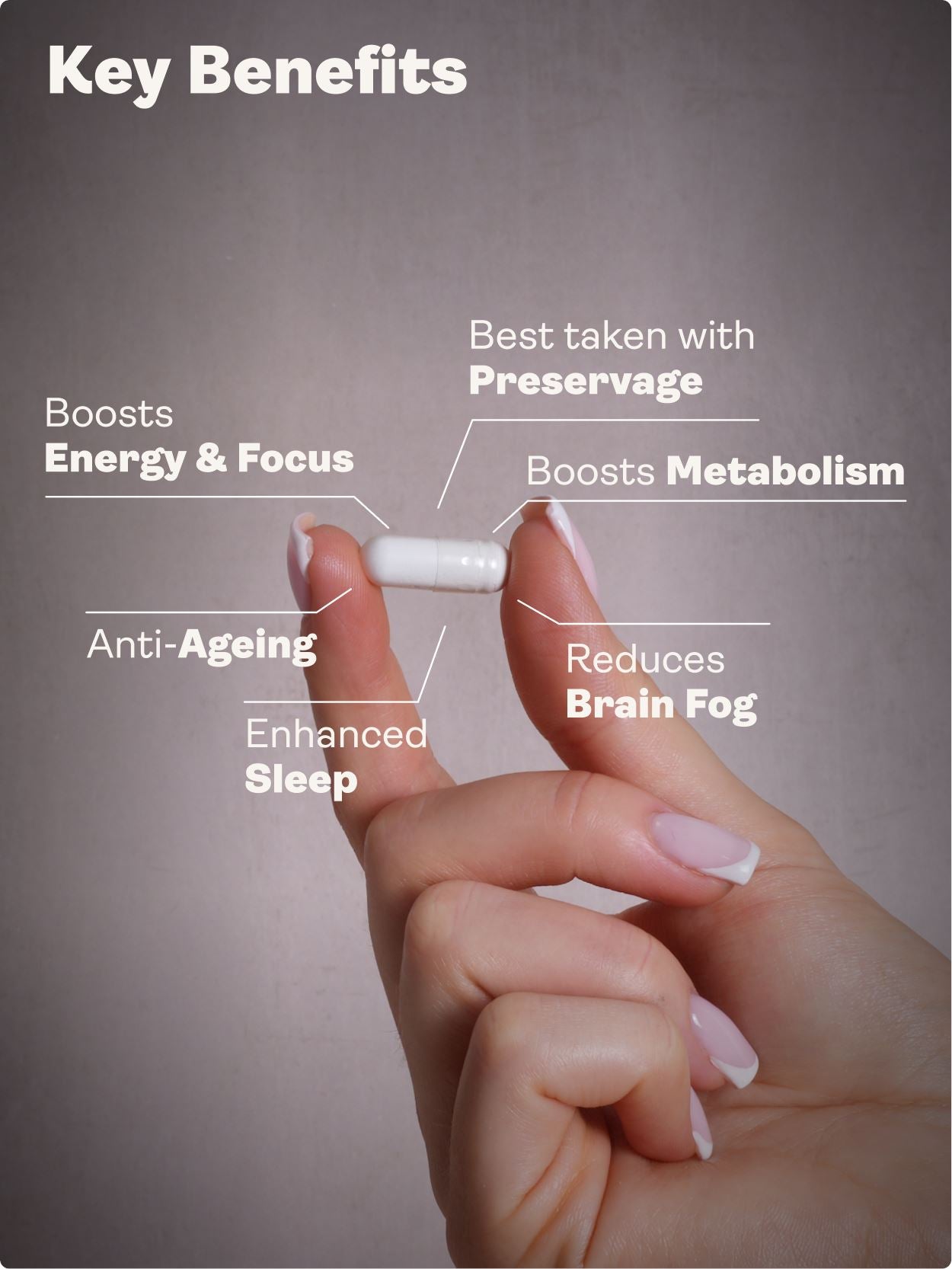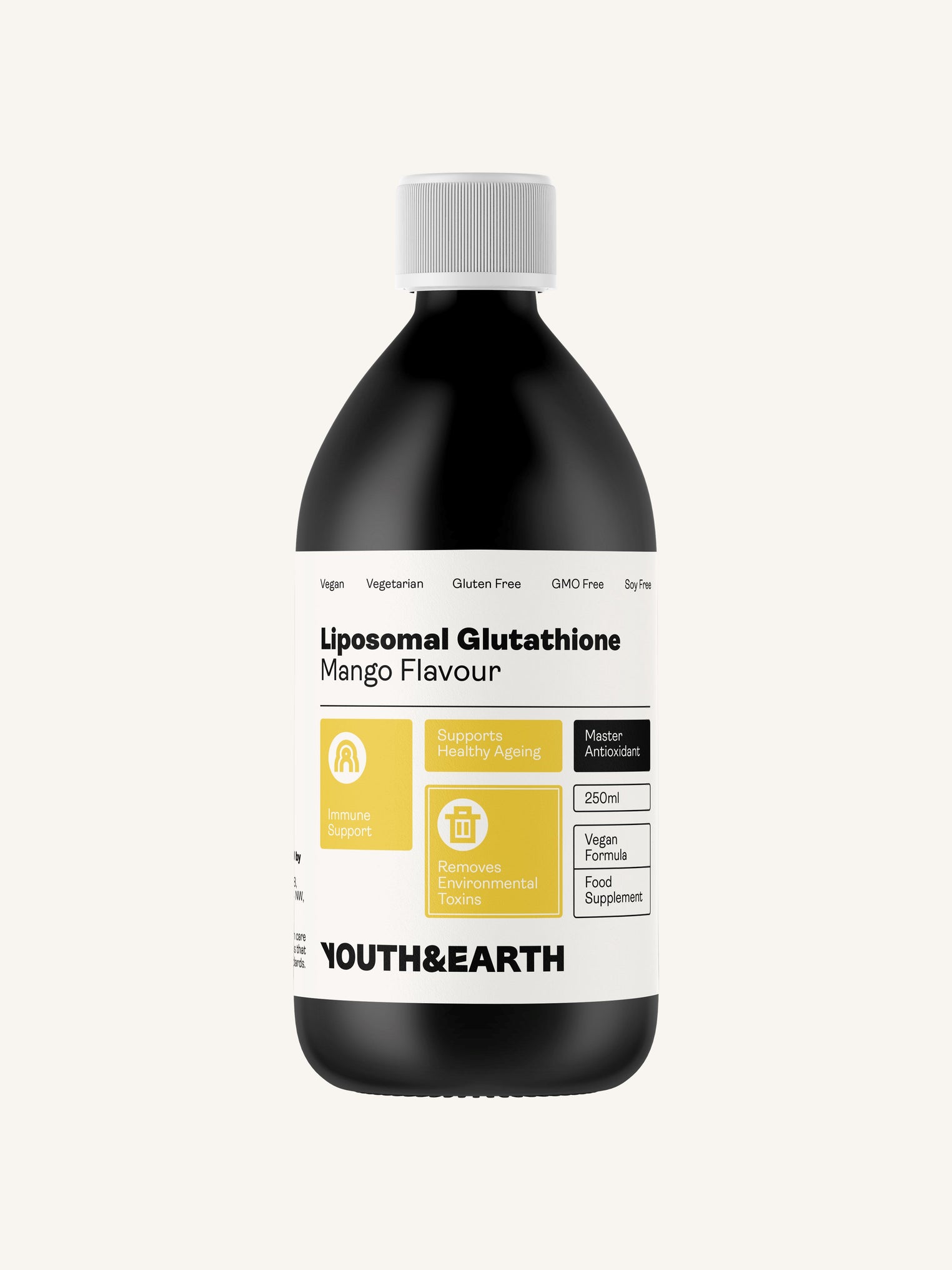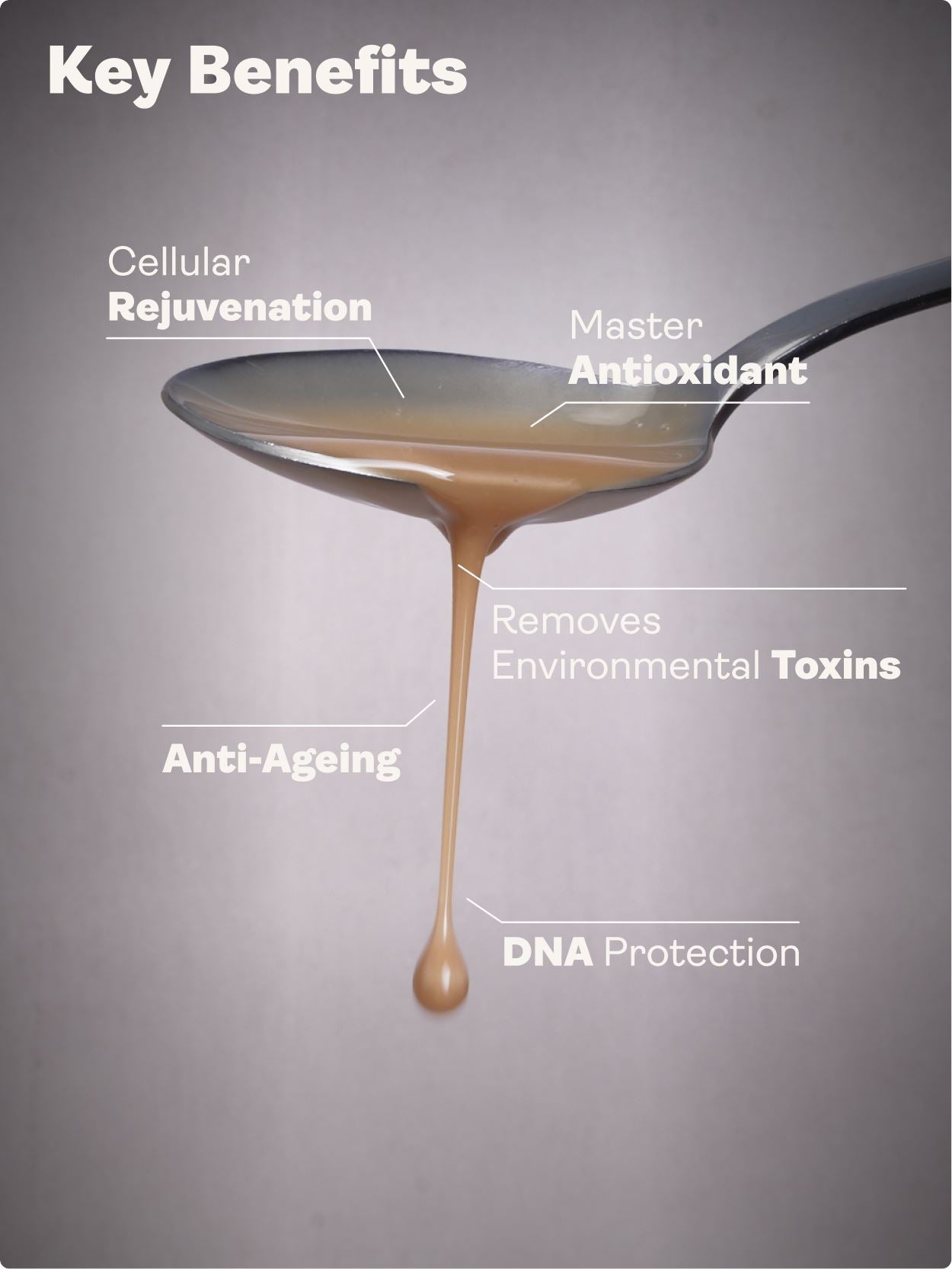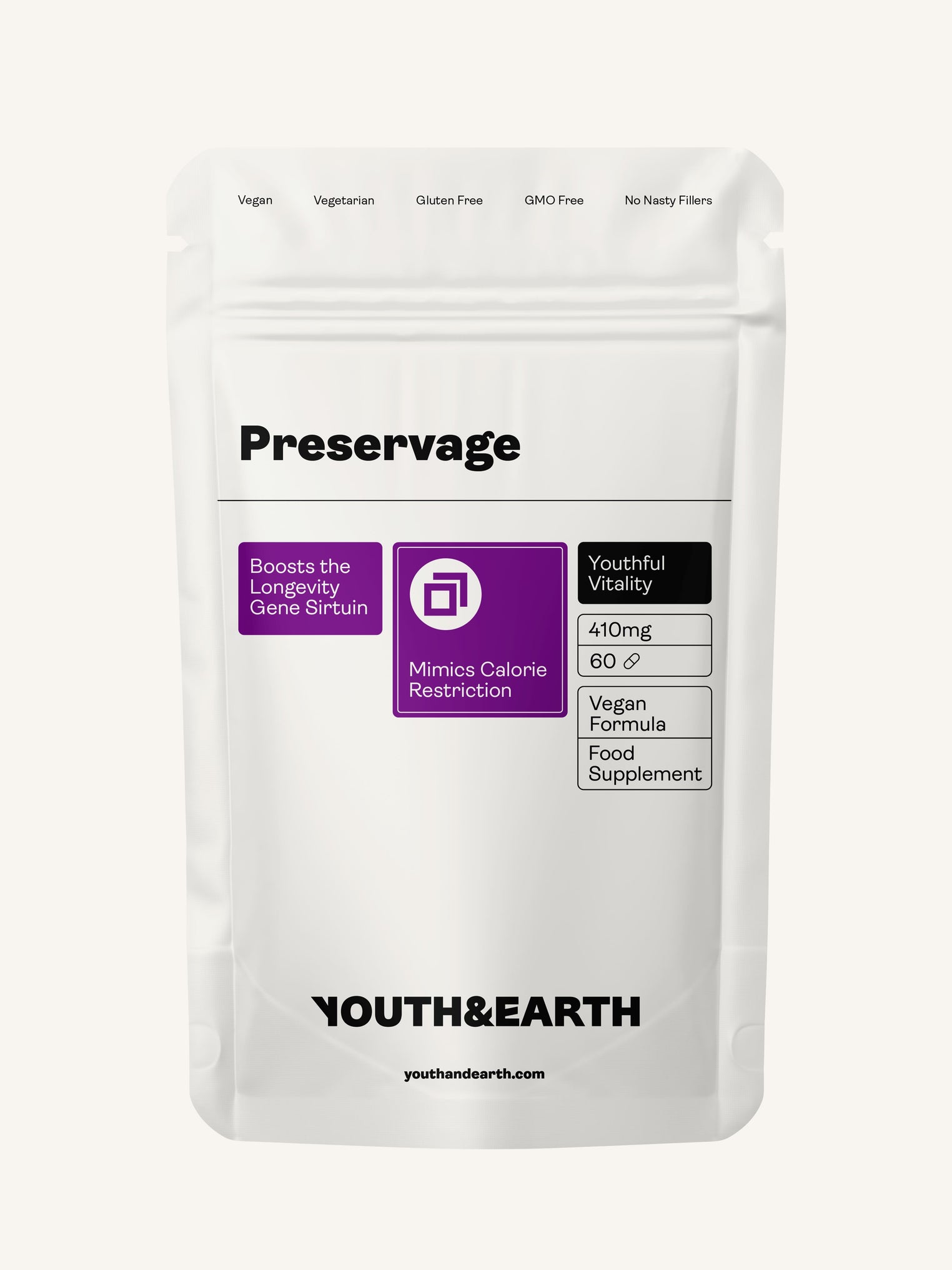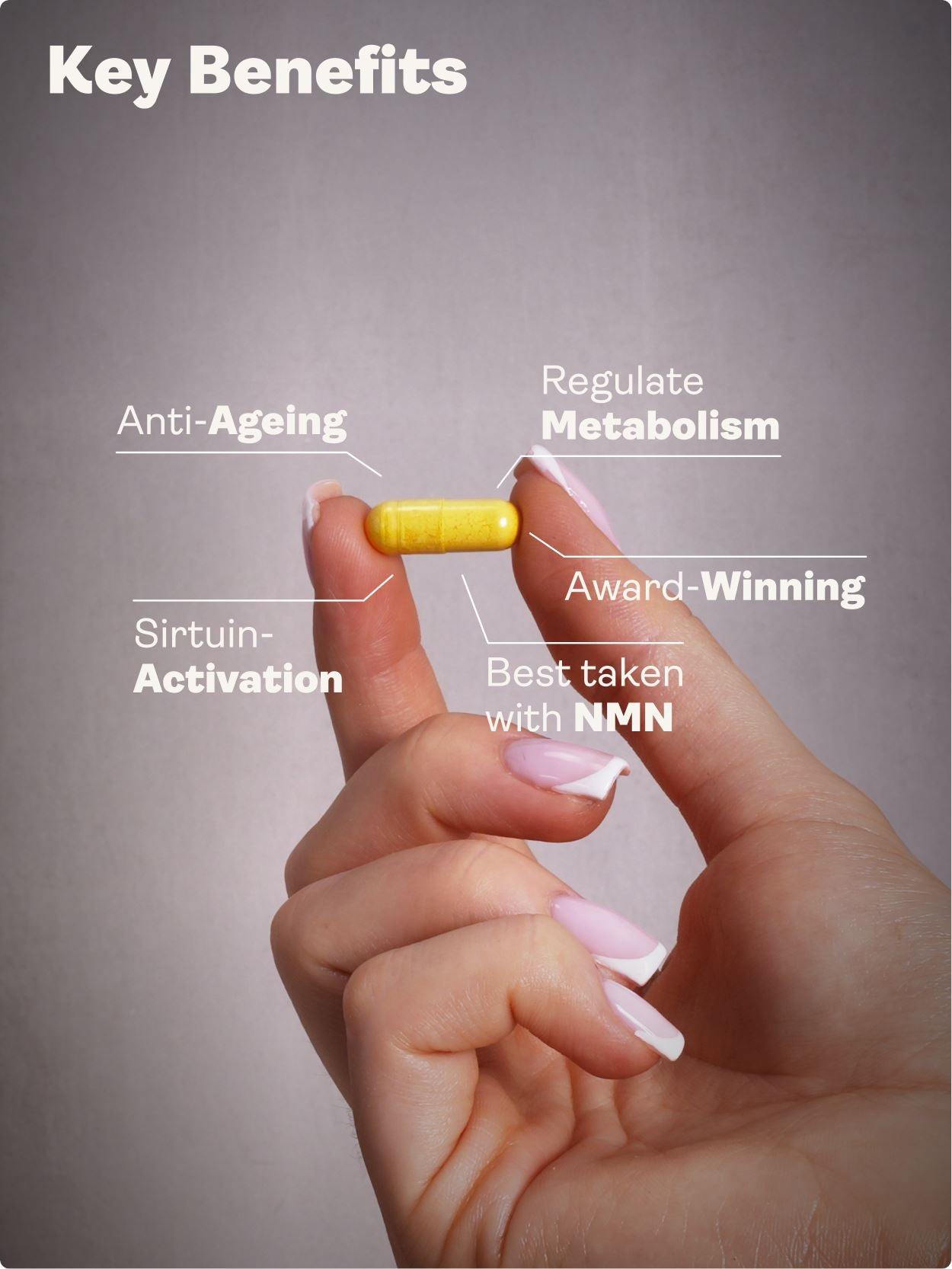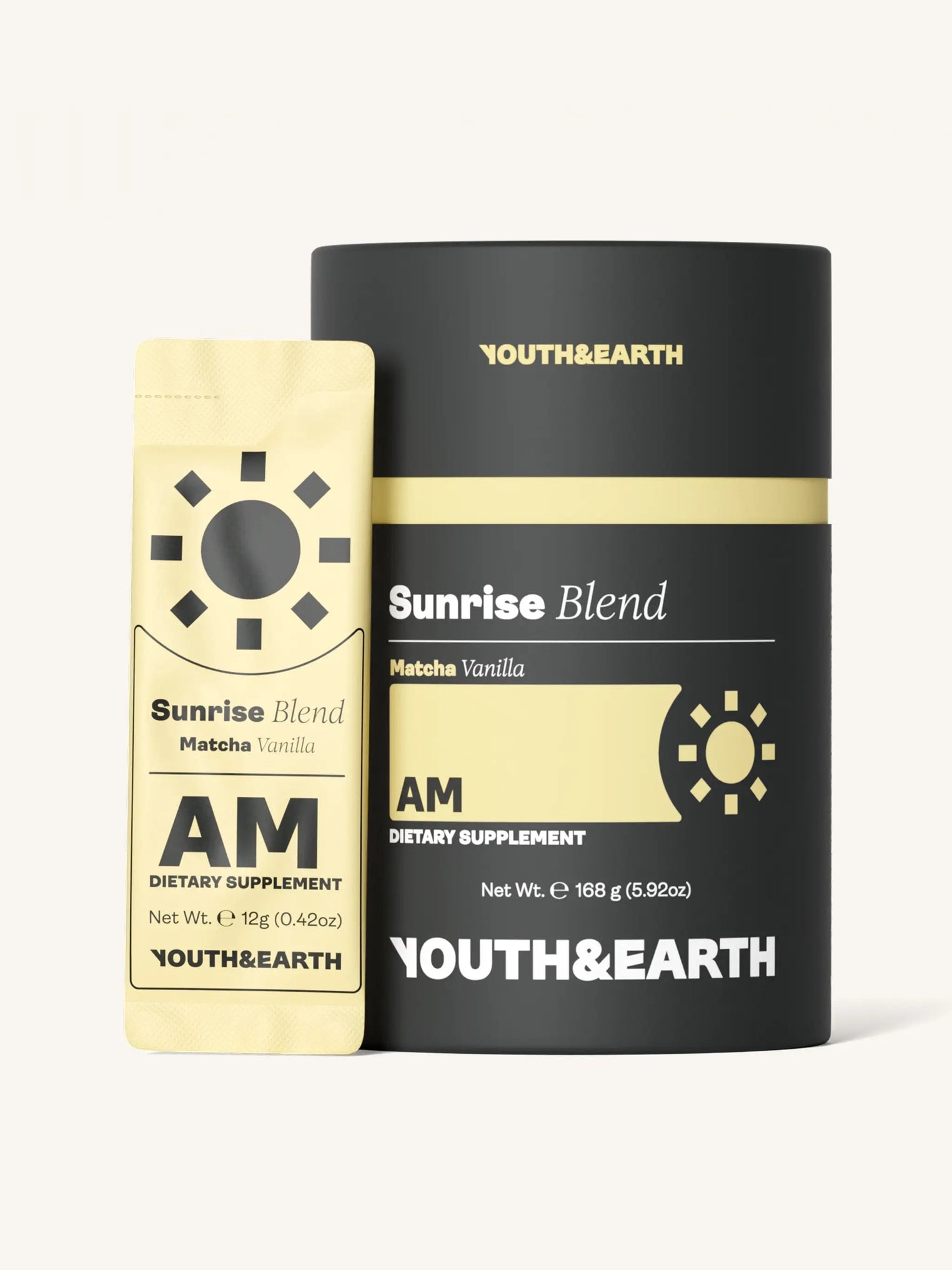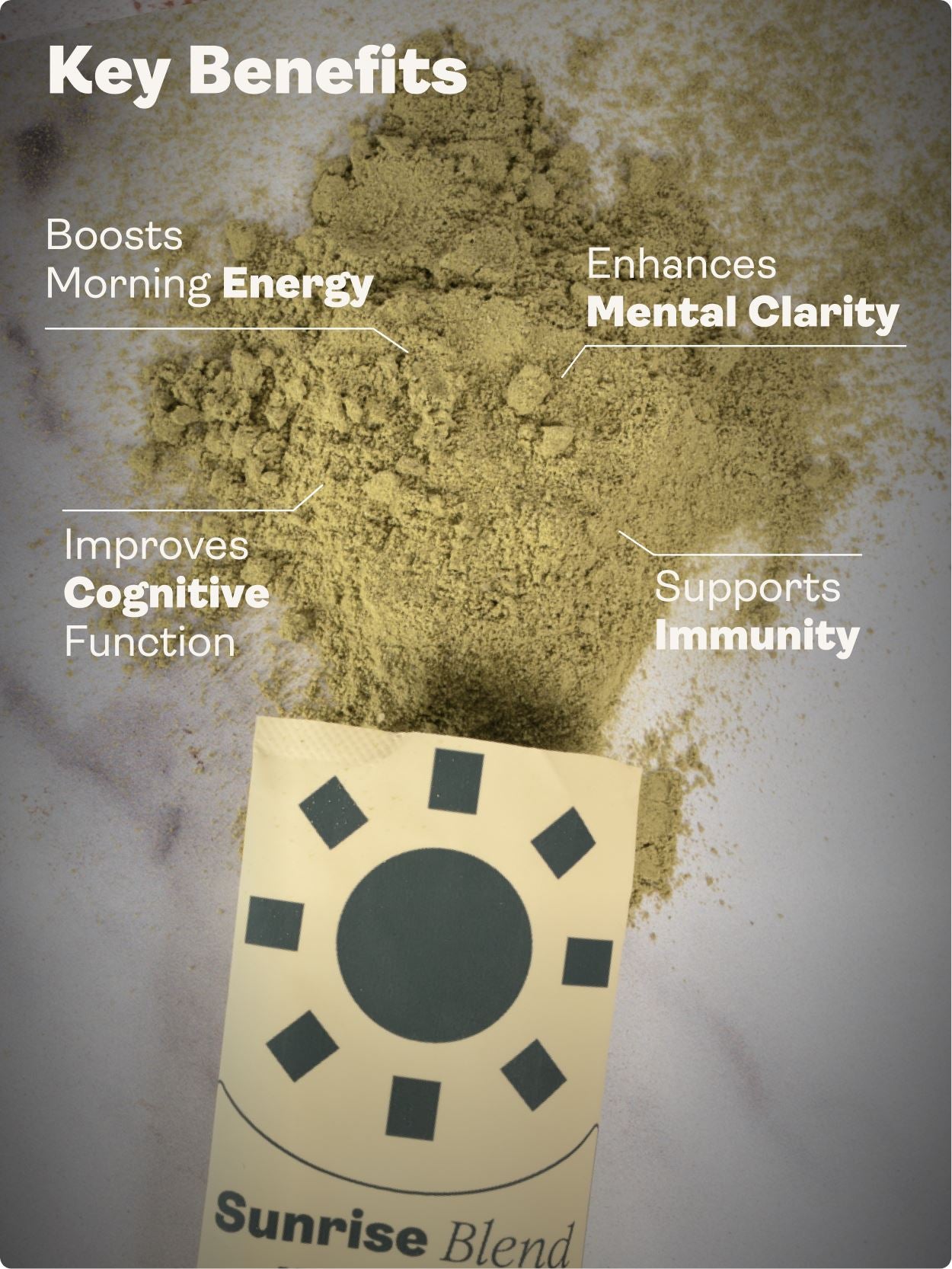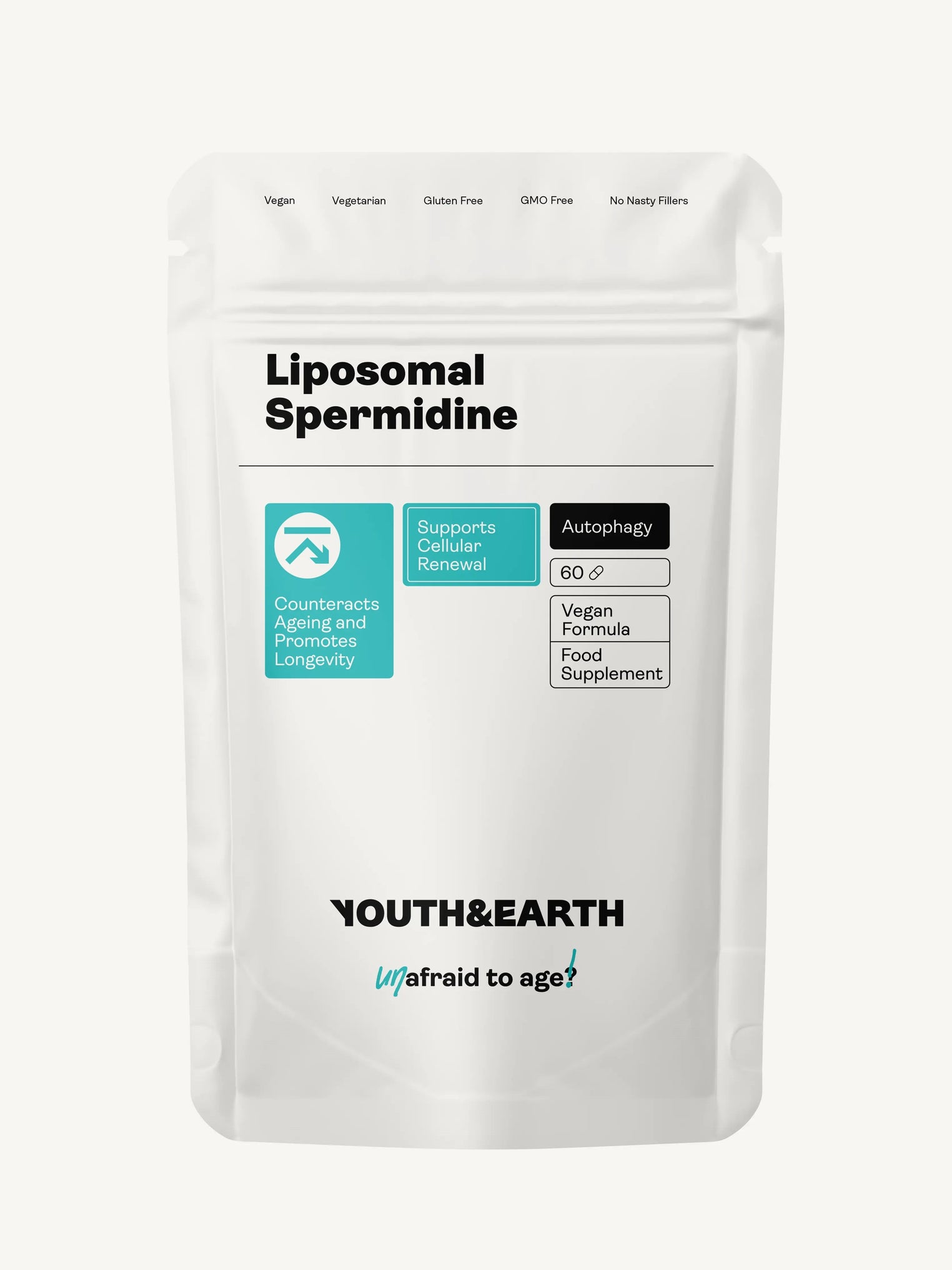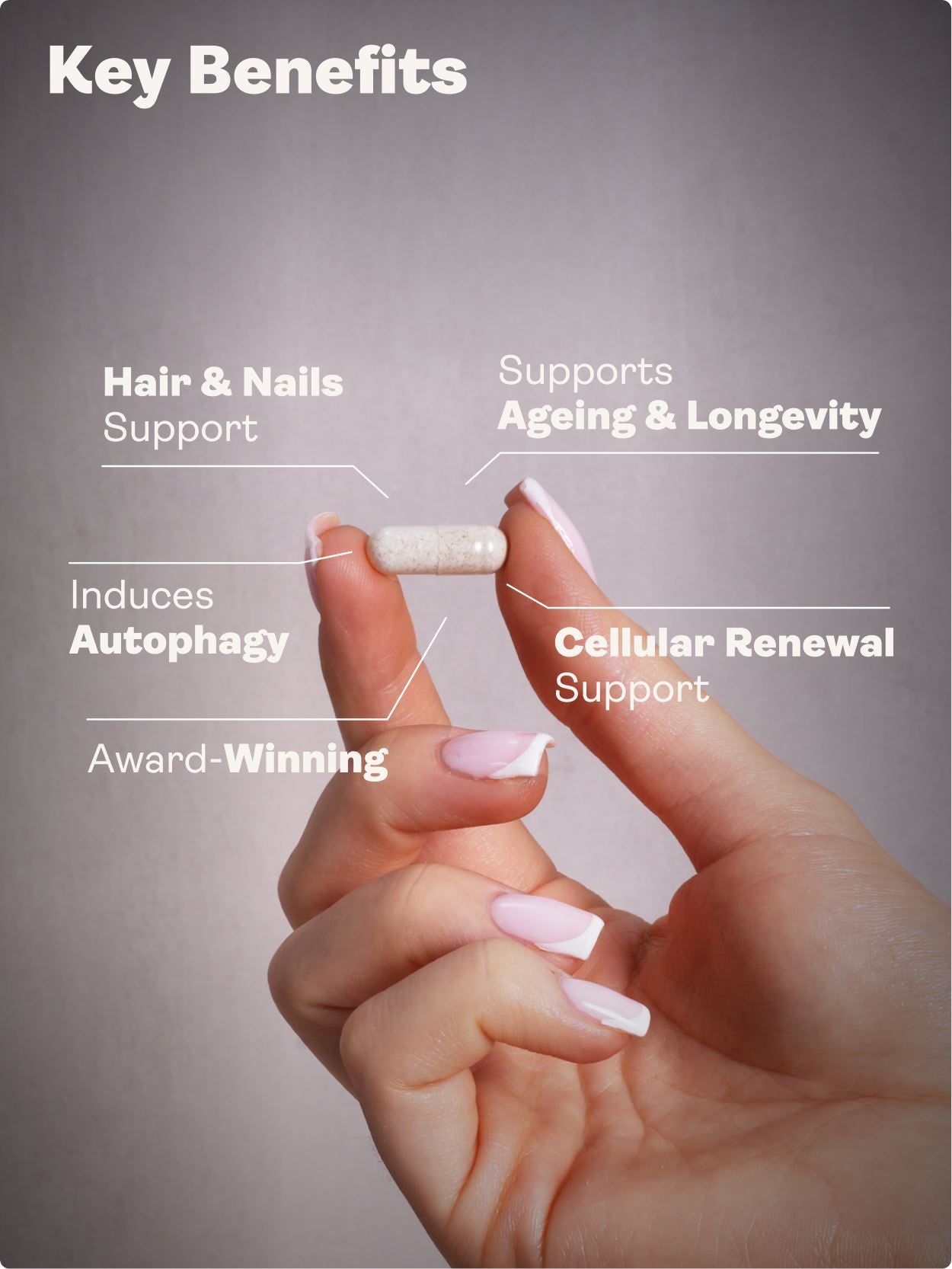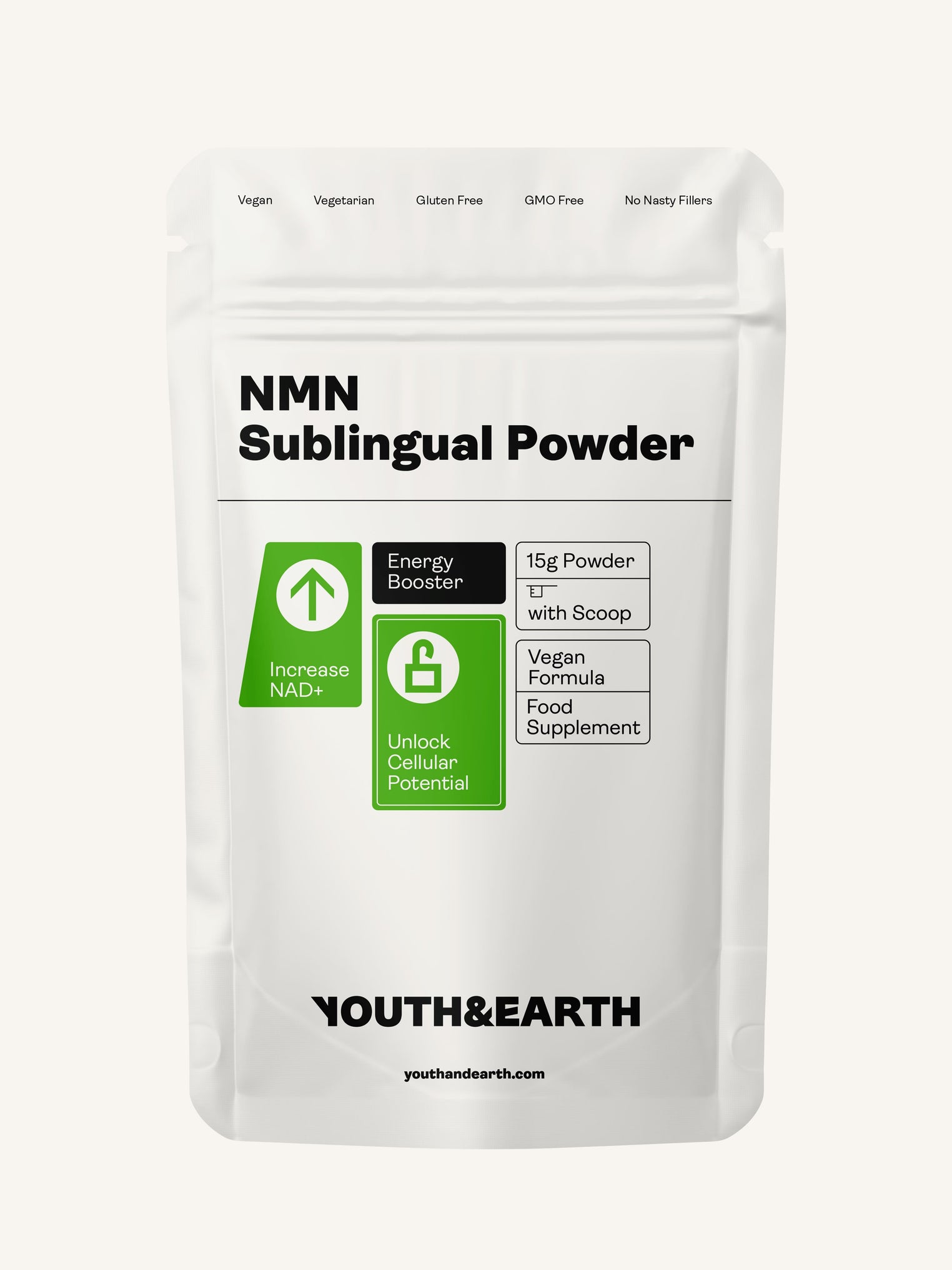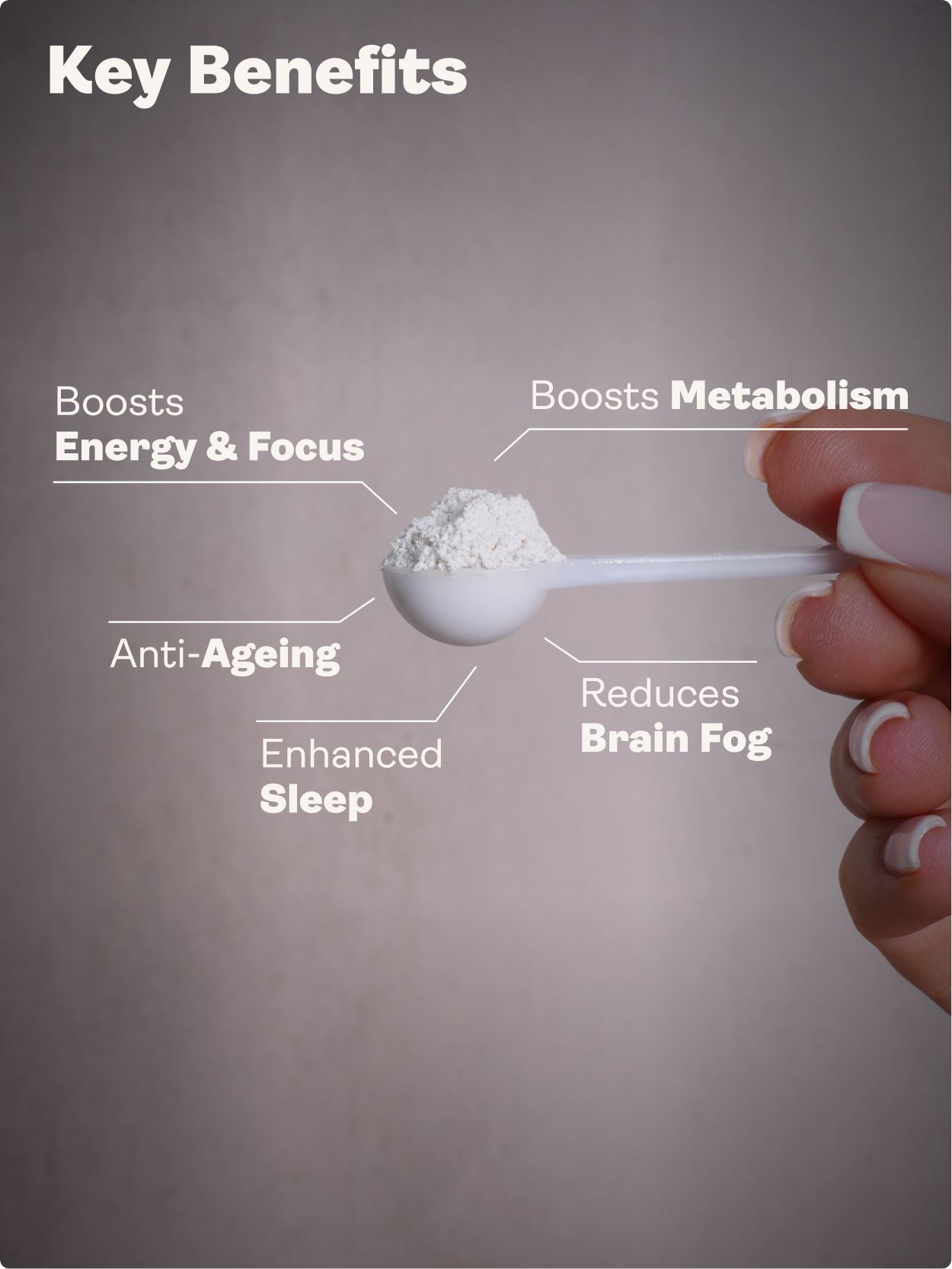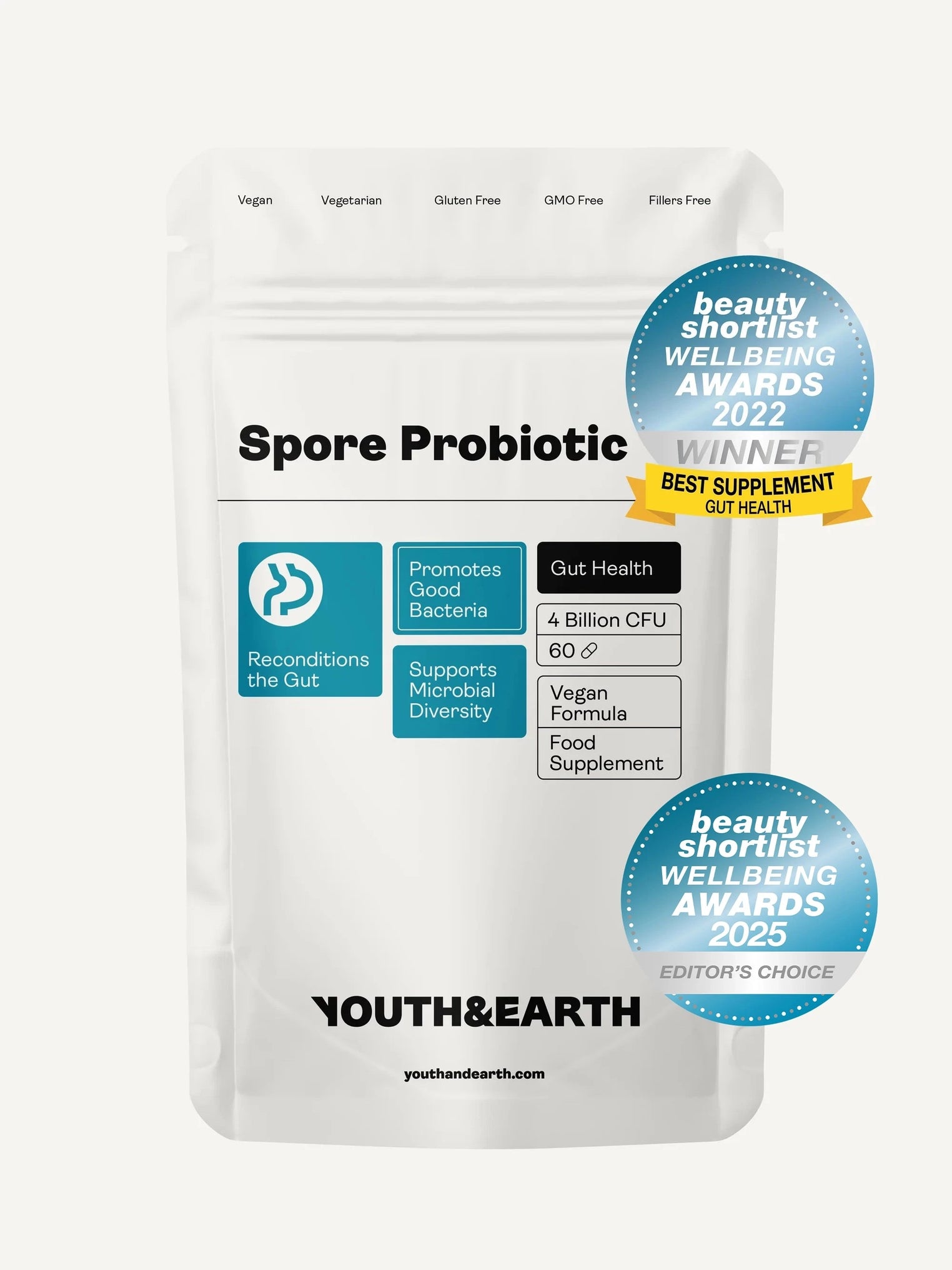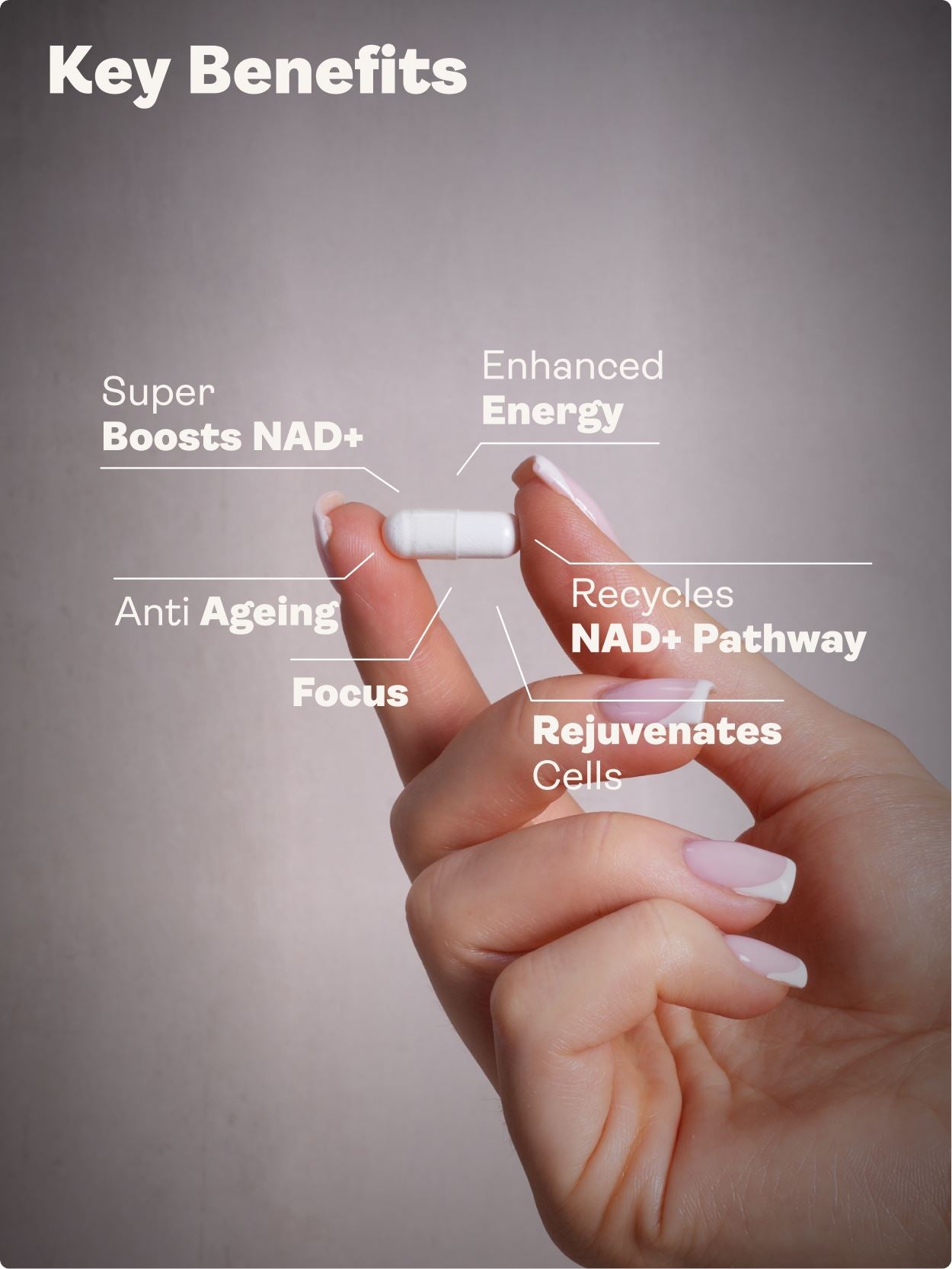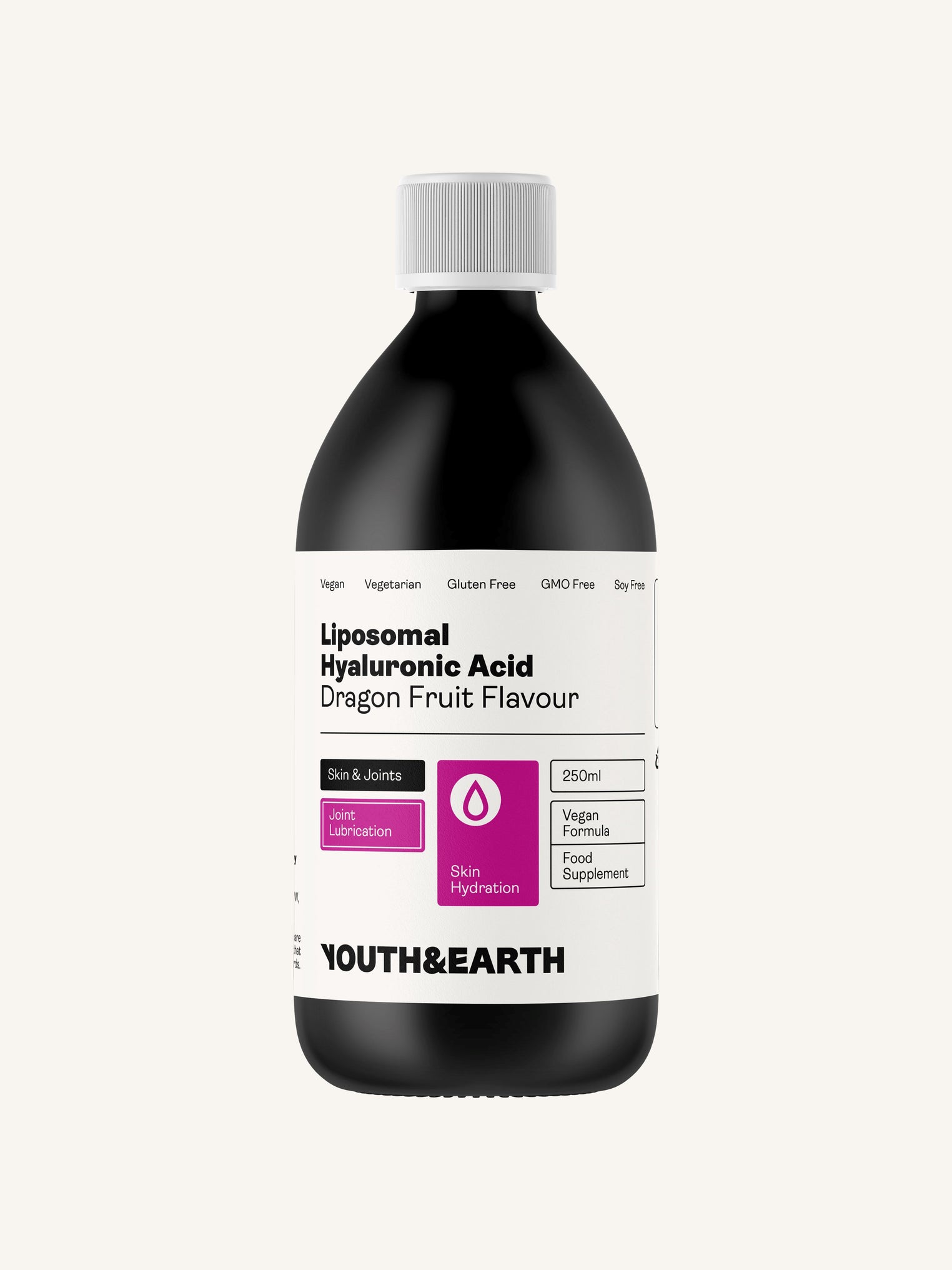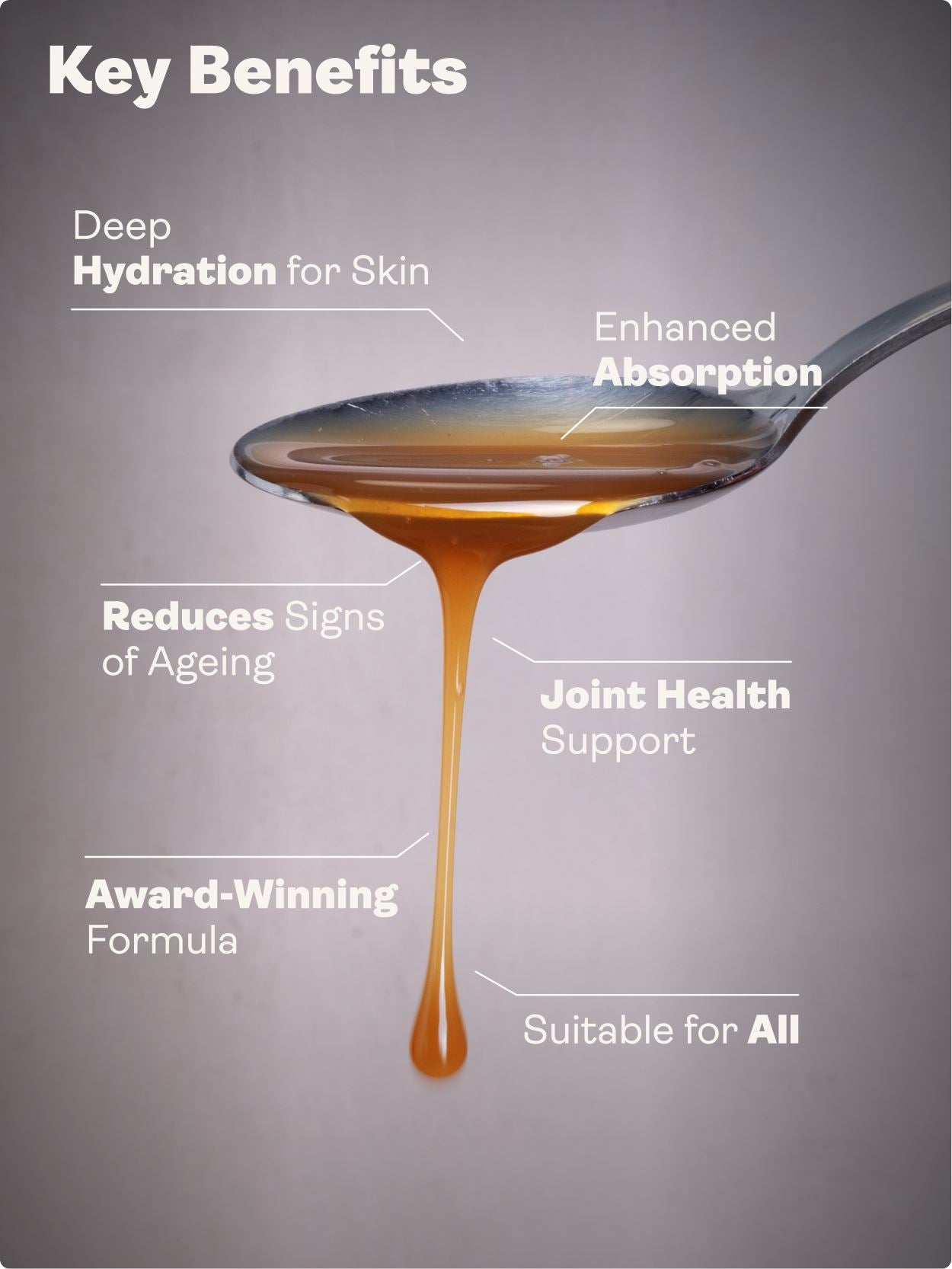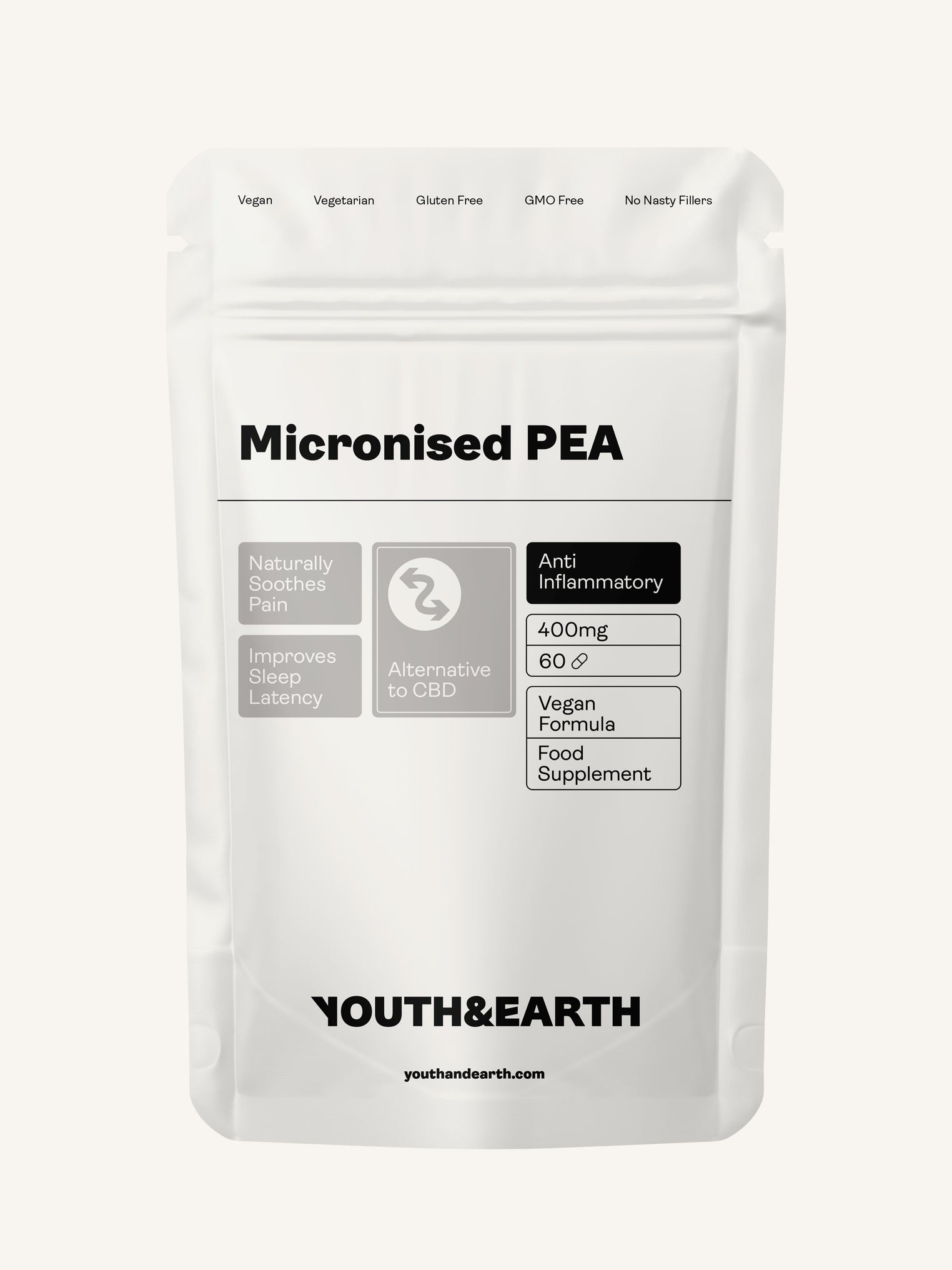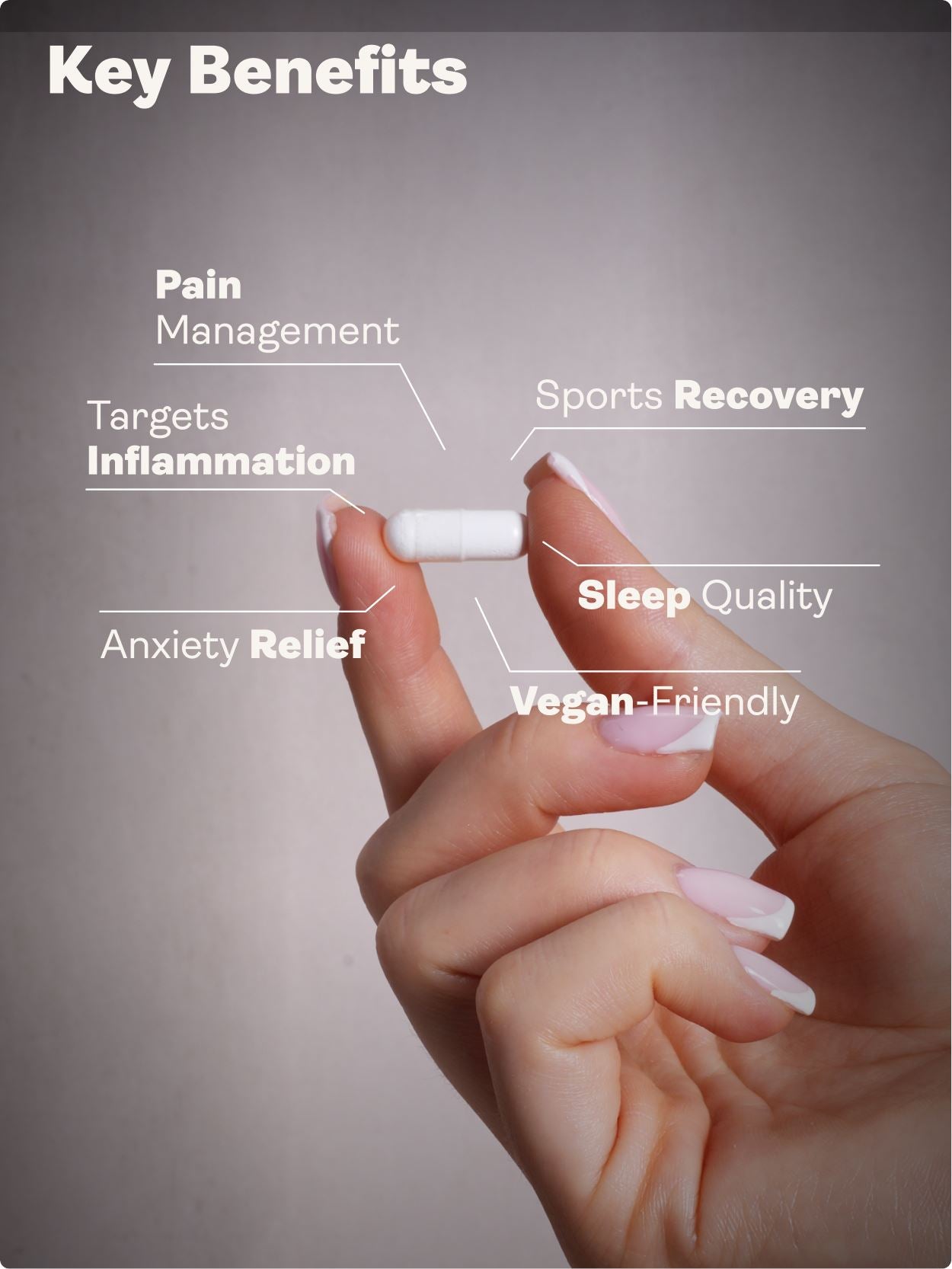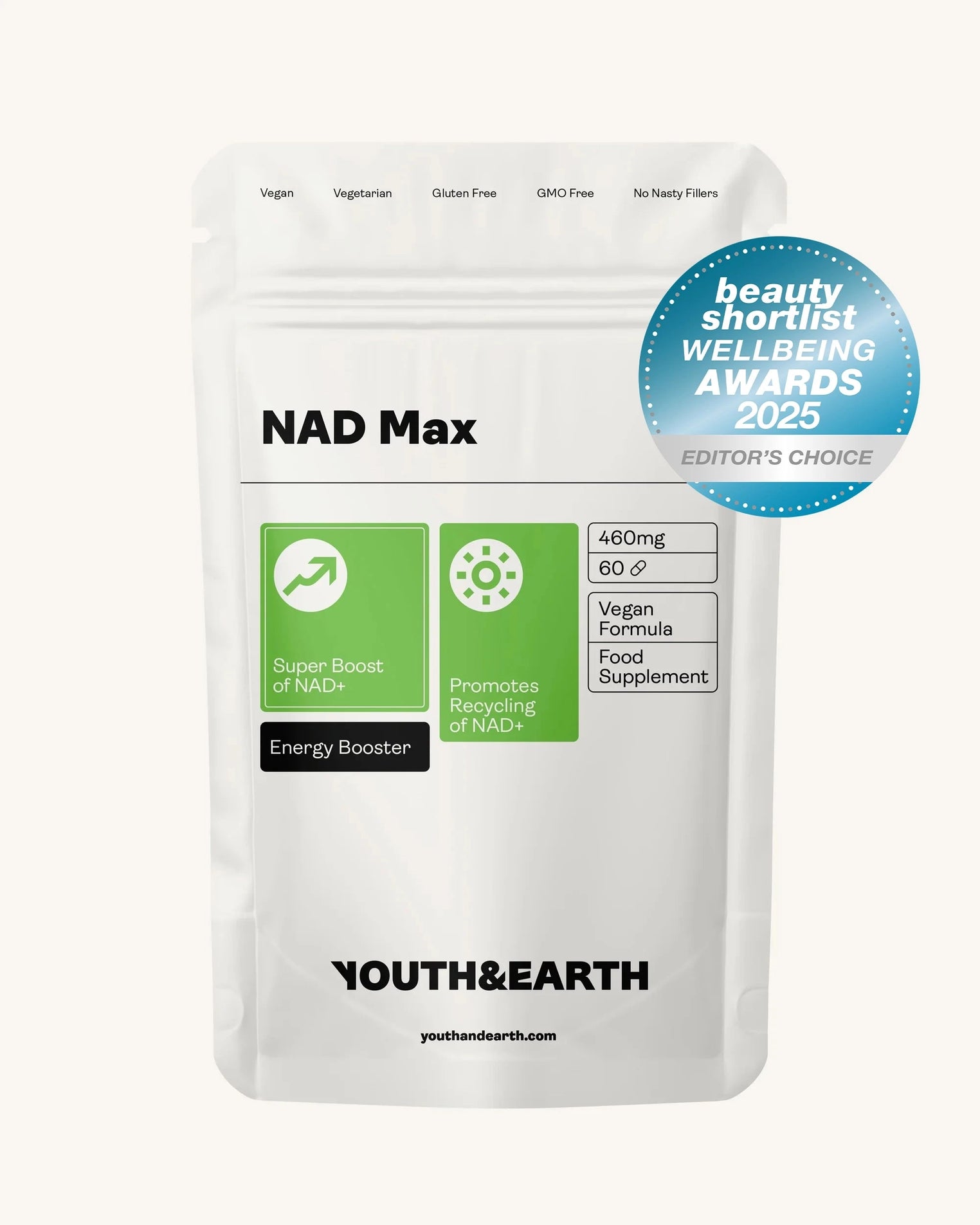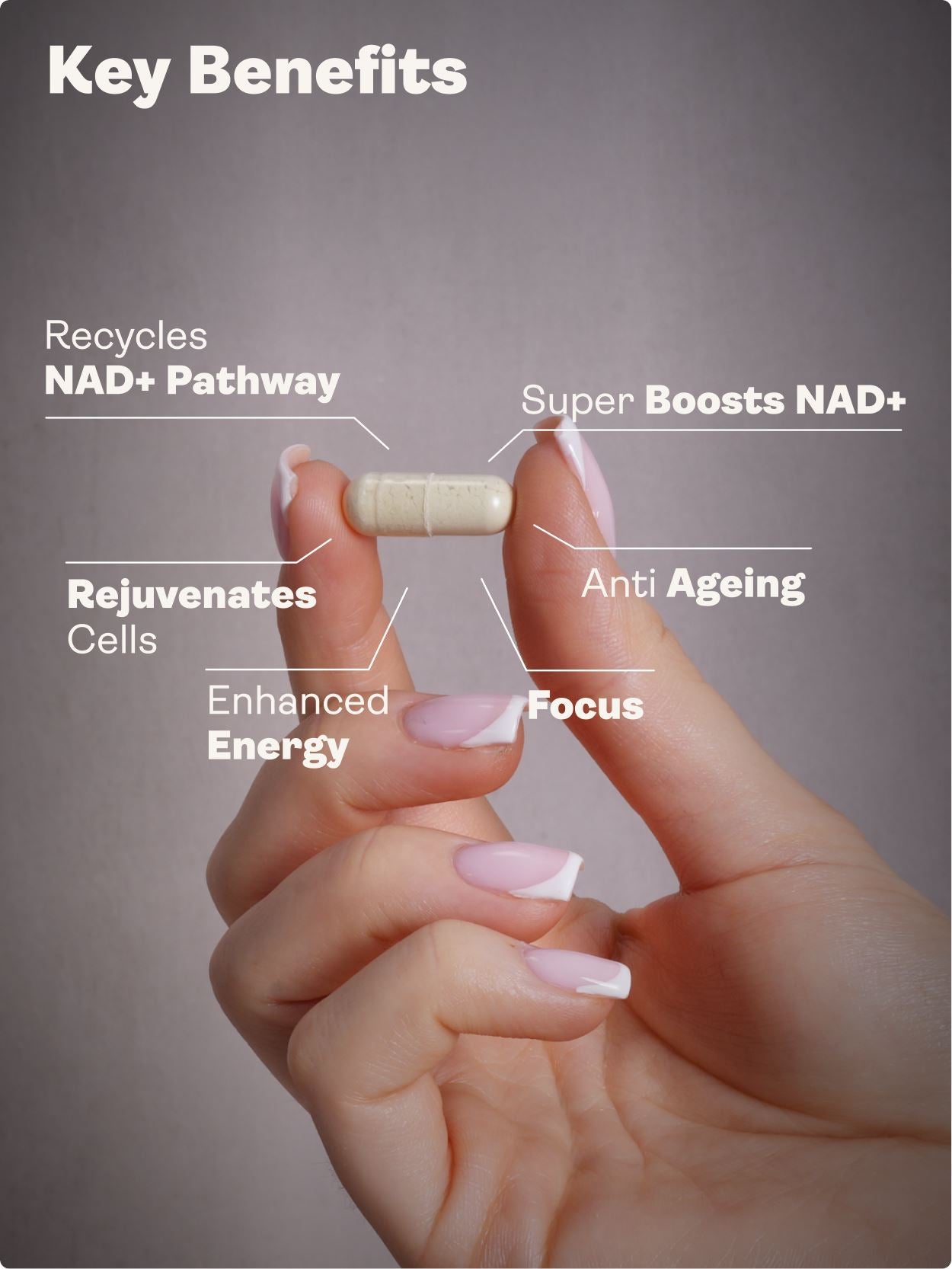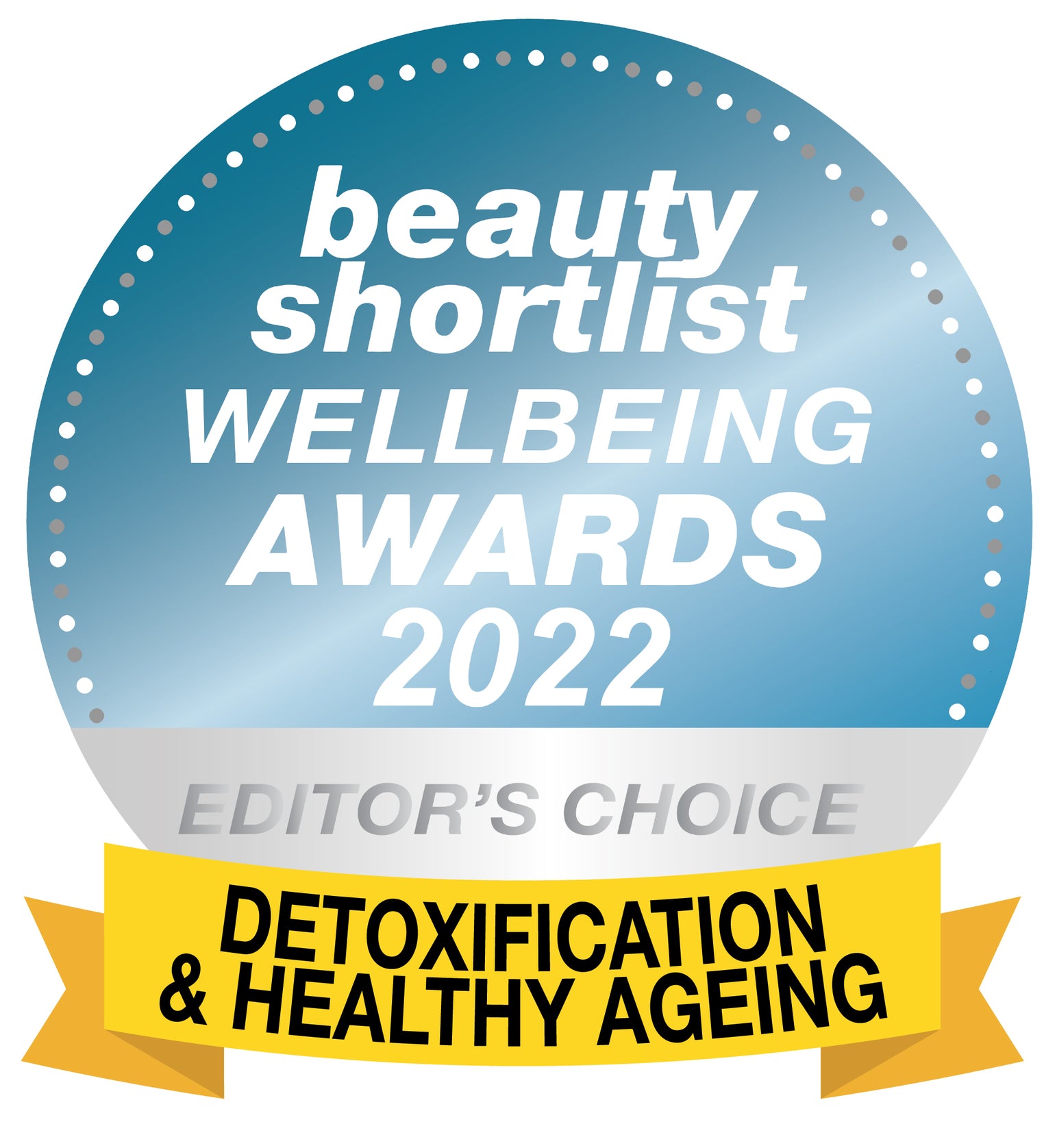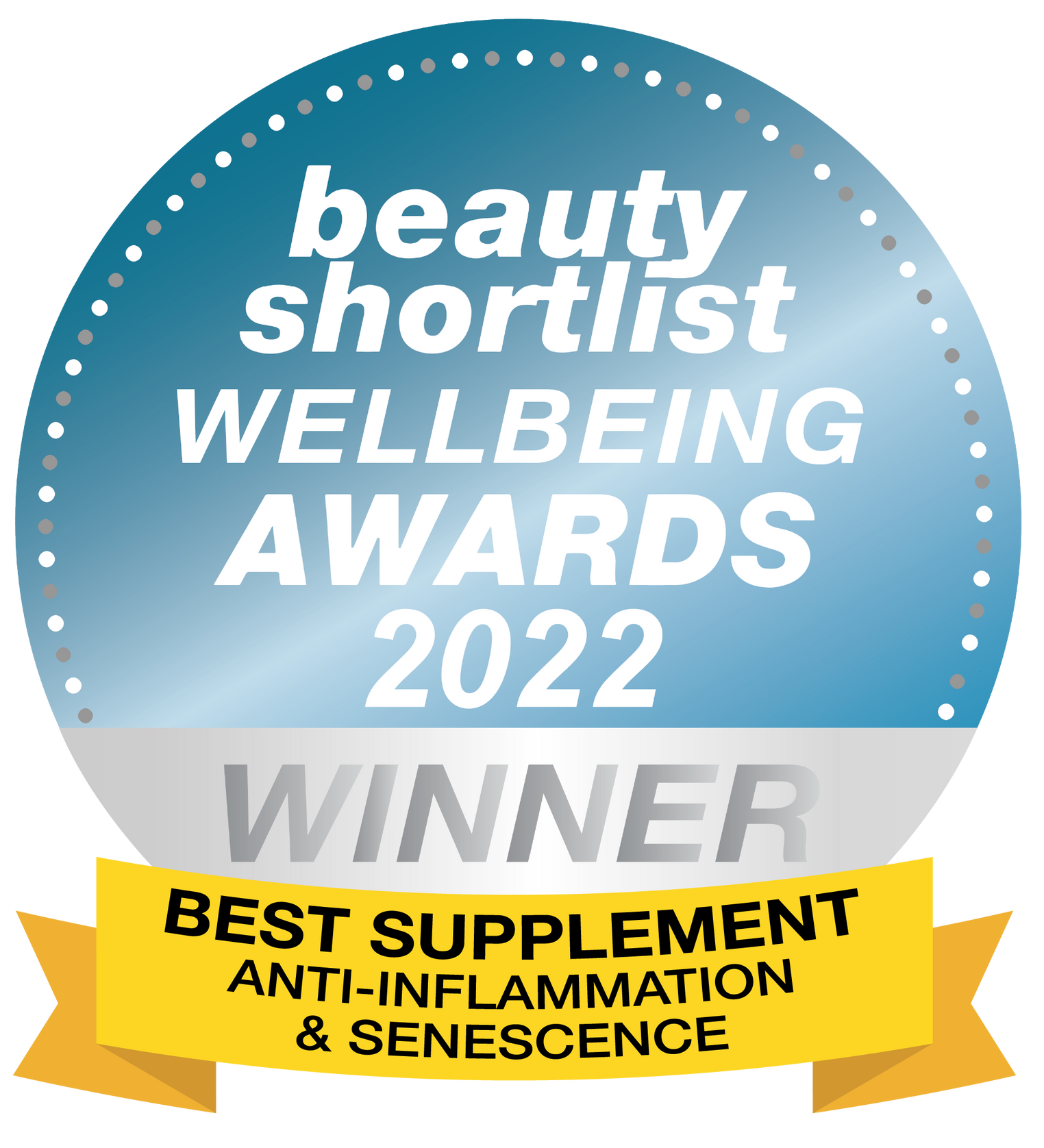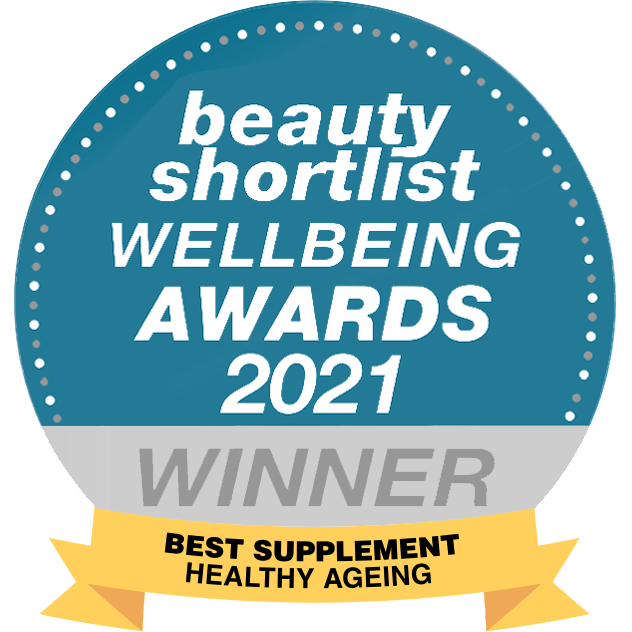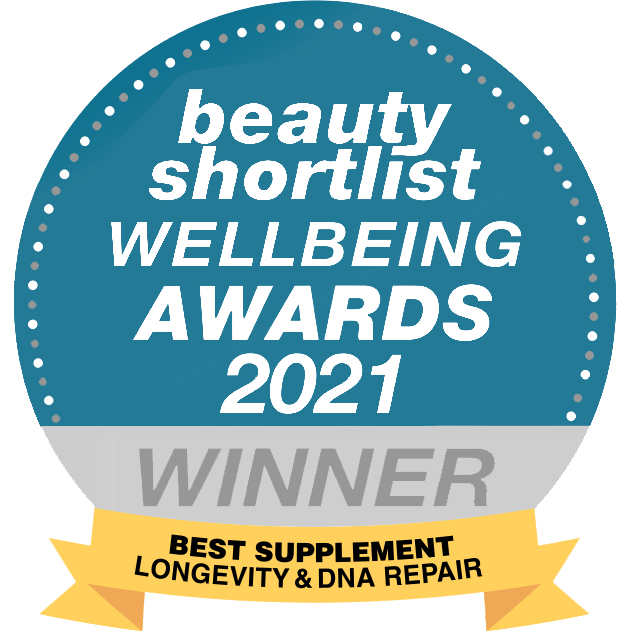What Is Krill Oil? A Biohacking Tool for Healthy Aging
Can Krill Oil Boost Your Vitality?
Struggling with inflammation or low energy as you age? Krill oil, packed with omega-3s, astaxanthin, and choline, supports cellular health and reduces inflammation. Through biohacking, it optimizes your body’s pathways for vitality and healthy aging, offering a cleaner alternative to fish oil.
TL;DR: Why Krill Oil Matters
Krill oil delivers bioavailable omega-3s, choline, and astaxanthin to reduce inflammation, support heart and brain health, and enhance cellular repair. Its phospholipid structure improves absorption, avoiding fish oil’s aftertaste. Biohacking with krill oil supports vitality and promotes long-term health in 30–90 days.
Table of Contents
-
What Is Krill Oil?
-
What Are Omega-3s in Krill Oil?
-
How Does Krill Oil Support Healthy Aging?
-
Can Krill Oil Reduce Inflammation and Joint Pain?
-
How Does Krill Oil Benefit Heart and Brain Health?
-
Conclusion: Biohack with Krill Oil
-
FAQ
-
Glossary
Science Snapshot: Krill Oil Benefits
-
Omega-3s: EPA and DHA reduce inflammation and support heart and brain function (American Journal of Clinical Nutrition, 2018).
-
Phospholipids: Enhance absorption, making krill oil more effective than fish oil.
-
Astaxanthin: A potent antioxidant that protects cells from oxidative stress.
-
Choline: Supports metabolism and brain health, found in eggs and krill oil.
-
Pathways: Krill oil regulates NF-kB and mTOR for cellular health and longevity.
What Is Krill Oil?
Krill oil is a supplement derived from Antarctic krill (Euphausia superba), rich in omega-3 fatty acids, choline, and astaxanthin. Its phospholipid structure improves nutrient delivery to cells, supporting heart, brain, and joint health. Krill oil is a biohacking tool for optimizing vitality.
How Does Krill Oil Differ from Fish Oil?
Krill oil contains omega-3s in phospholipid form, unlike fish oil’s triglycerides, making it more bioavailable and easier to digest. It also includes astaxanthin, an antioxidant found in shrimp, and choline, found in eggs, which fish oil lacks. Krill oil avoids fishy aftertaste and oxidation.
Krill Oil vs. Fish Oil
-
Krill Oil:
-
Pros: Higher absorption, no aftertaste, contains astaxanthin and choline.
-
Cons: More expensive, potential shellfish allergy risk.
-
Use Case: A biohacker takes 1000 mg daily for joint pain relief.
-
Fish Oil:
-
Pros: Cheaper, widely available.
-
Cons: Fishy aftertaste, lower absorption.
-
Use Case: Used for general omega-3 supplementation but may cause digestive issues.
| Feature | Krill Oil | Fish Oil |
|---|---|---|
| Omega-3 Form | Phospholipids (higher absorption) | Triglycerides (lower absorption) |
| Additional Nutrients | Astaxanthin, choline | None |
| Digestibility | Gentle, no aftertaste | May cause fishy aftertaste, heartburn |
| Sustainability | Sustainably sourced (e.g., Antarctic krill) | Varies by source |
| Allergy Risk | Shellfish allergy concern | Fish allergy concern |
| Benefit | Krill Oil | Fish Oil |
|---|---|---|
| Heart Health | Lowers triglycerides, raises HDL | Similar but less efficient |
| Brain Health | DHA and choline enhance memory | DHA supports memory, no choline |
| Joint Health | Reduces inflammation in 30 days | Slower inflammation reduction |
| Antioxidant Support | Astaxanthin protects cells | Limited antioxidant benefits |
| Use Case | Biohacker takes 1000 mg for vitality | General omega-3 supplementation |
What Are Omega-3s in Krill Oil?
Omega-3 fatty acids are essential fats for heart, brain, and immune health. Krill oil provides:
-
EPA: Reduces inflammation, supports heart health.
DHA: Enhances brain function and vision.
Unlike plant-based ALA (in flaxseed), EPA and DHA are highly bioavailable. Over 90% of adults lack sufficient omega-3s, per global studies.

How Does Krill Oil Support Healthy Aging?
Krill oil supports healthy aging by:
-
Reducing inflammation via omega-3s and astaxanthin.
-
Regulating NF-kB, a protein that controls inflammation.
-
Optimizing mTOR, a pathway for cellular repair.
Studies show krill oil raises omega-3 levels faster than fish oil (Lipids in Health and Disease, 2016). Biohacking Tip: Pair with a ketogenic diet to amplify omega-3 benefits.
Can Krill Oil Reduce Inflammation and Joint Pain?
Krill oil’s omega-3s and astaxanthin lower inflammation markers by up to 30% in 30 days (Journal of the American College of Nutrition, 2017). Doses of 300–1000 mg daily improve joint function in arthritis, outperforming higher fish oil doses in clinical trials.
How Does Krill Oil Benefit Heart and Brain Health?
Krill oil supports:
-
Heart: Lowers triglycerides, raises HDL cholesterol, and improves insulin sensitivity.
-
Brain: DHA enhances memory and mood; choline supports neurotransmitter production.
-
Hormones: Reduces PMS symptoms, outperforming fish oil (Alternative Medicine Review, 2003).
Explore astaxanthin’s role.
Also, a good source of the essential nutrient choline
Choline is a fairly new nutrient in terms of discovery and was only acknowledged as an essential nutrient in 1998 by the Institute of Medicine. Although small amounts are made within our livers, the majority of our choline must be obtained through our diets, much like omega-3’s, and therefore supplementing with a good source, like krill oil, is very beneficial.

Often grouped with Vitamin B complex due to its similarities, it’s vital to our health:
-
It supports our cells - Choline is needed for the development of fats that support cell membranes.
-
It improves cell signaling - Choline produces compounds that act as messengers within our cells.
-
Choline boosts metabolism and helps with fat transport - Choline deficiency's in the liver may result in fat and cholesterol build-up.
-
Helps DNA synthesis - Alongside other vitamins such as B12 and Folate, choline helps with a process needed for DNA synthesis.
-
Maintains a healthy nervous system - The body uses choline to produce acetylcholine — a neurotransmitter used in muscle movement, memory, regulating heartbeat, and other basic functions.
Conclusion: Biohack with Krill Oil
Krill oil optimizes heart, brain, and joint health through biohacking. Its omega-3s, astaxanthin, and choline support cellular repair and reduce inflammation for vitality. Checklist:
-
Take 1000 mg krill oil daily with water.
-
Follow a ketogenic diet to enhance absorption.
-
Avoid evening doses to prevent mild heartburn.
-
Monitor joint pain after 30 days.
Disclaimer: Consult a healthcare provider before starting krill oil, especially if allergic to shellfish or on medications.
Our Superba Krill Oil from Youth & Earth is a premium, sustainably sourced supplement derived from Antarctic krill (Euphausia superba), delivering 1000 mg per serving of bioavailable omega-3s (EPA and DHA), phospholipids, choline, and astaxanthin.
Unlike fish oil, its phospholipid structure enhances absorption, supports heart, brain, and joint health, and avoids fishy aftertaste. Clinically backed by Aker BioMarine, it’s free from GMOs, gluten, and heavy metals, promoting vitality and healthy aging. Take 1–2 capsules daily with water to optimize your biohacking routine.
FAQ
How Does Krill Oil Support Healthy Aging?
Krill oil reduces inflammation, optimizes NF-kB and mTOR pathways, and supports cellular repair for vitality.
Is Krill Oil Better Than Fish Oil?
Krill oil’s phospholipids improve absorption, and astaxanthin adds antioxidant benefits, unlike fish oil.
How Long Does Krill Oil Take to Work?
Inflammation and joint pain may improve in 30 days; brain and heart benefits emerge in 60–90 days.
Can Krill Oil Be Taken Long-Term?
Yes, krill oil is safe for long-term use at recommended doses, per clinical studies.
Is Krill Oil Safe for Pregnant Women?
Consult a healthcare provider to ensure safety based on individual health needs.
Glossary
-
Omega-3s: Essential fats (EPA, DHA) for heart and brain health, found in krill oil.
-
Astaxanthin: An antioxidant in krill oil and shrimp, protecting cells. Learn more.
-
Choline: A nutrient in krill oil and eggs, supporting metabolism and brain function.
-
Phospholipids: Molecules in krill oil that enhance nutrient absorption.
-
NF-kB: A protein regulating inflammation, modulated by krill oil.
-
mTOR: A pathway for cellular repair, optimized by krill oil.
About the Author
Ed Van Harmelen is the founder of Youth & Earth and a passionate advocate for biohacking and healthy aging since 2017. He has been featured in podcasts and wellness publications for his insights on vitality and supplement science. Ed is a pioneer in making advanced biohacking tools accessible and founded optimallyme.com, a B2B health platform, and V14, an all-in-one vitality supplement.





